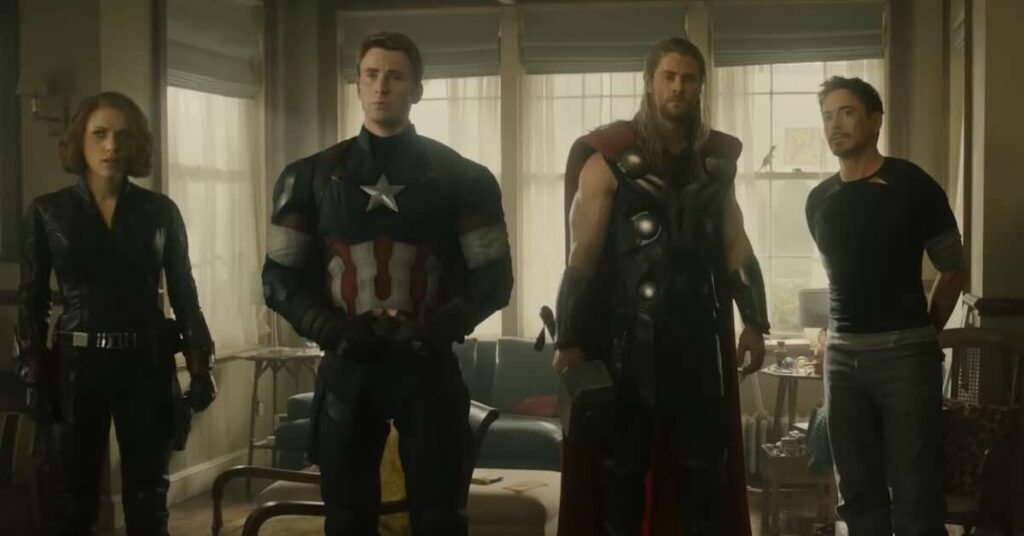It feels second nature today, but in a pre-MCU world, the idea of an economically thriving and (mostly) artistically sound ecosystem of 30+ interconnected films would’ve gotten you laughed out of the room.
The Dark Ages
Imagine a time traveler going back to 2007 and telling a crowd of eager geeks that superhero films would become a de facto storytelling device for the modern cineplex. They’d likely respond with disbelief, because at that point in our sacred timeline, high-quality superhero movie events were rare and reserved for special occasions.
Comic book films were still considered niche, and even when one broke through, sequels often suffered from steep diminishing returns: for every Superman (1978) and Superman II (1980), there was a Superman III (1983) or Superman IV (1987); for every Batman (1989), a Batman & Robin (1997); for every Spider-Man (2002) and Spider-Man 2 (2004), a disappointing Spider-Man 3 (2007). There simply was no reliable standard—superhero films were hit or miss. Mostly miss.
An Improbable Success
This is what makes the Marvel Cinematic Universe one of the most improbable success stories in modern film history. Despite being driven by corporate interests and merchandise potential—usually recipes for profound creative stagnation—the MCU maintains a consistent baseline of quality.
While not every Marvel film is great, even the weakest entries rarely dip below a certain floor of competence. Audiences have rewarded this reliability with massive box office returns, creating a creative-financial feedback loop most studios only dream about. As it turns out, audiences can be trusted to keep up with interconnected storytelling across films when it’s done right.
Consistency as Craft
It’s tempting to attribute the MCU’s success to a repeatable formula. Competing studios have tried (and mostly failed) to reverse-engineer it—see: the DC Extended Universe. The mistake lies in copying the wrong things: Marvel Studio’s big secret isn’t just in the quantity of content, but in the consistency.
At the heart of Marvel’s most beloved entries is a reliable three-part framework:
- Great Character Moments: Emotional growth is prioritized over visual spectacle. Think Tony Stark’s redemption, Peter Parker’s burdened sense of responsibility, or Wanda Maximoff’s grief. These beats usually come through meaningful interactions—not explosions—and they create the kind of magic that makes scenes endlessly rewatchable and often iconic.
- A Cohesive Narrative Framework: Marvel films, even across wildly different genres, maintain emotional and thematic consistency. Whether it’s a spy thriller (Winter Soldier), fantasy epic (Doctor Strange), or space opera (Guardians of the Galaxy), each one fits within a tonal wrapper that connects it to the whole.
- Villains with Purpose: The best Marvel villains are ideological mirrors of the heroes. They’re not just evil—they’re shaped by trauma, control, or twisted altruism. These stories often explore freedom vs. authoritarianism, with heroes striving to protect choice and inspire hope, while villains aim to “fix” the world by taking agency away.
Taken together, these ingredients created not just a brand, but a cinematic language—one that diverse audiences have collectively learned to understand and anticipate. It isn’t just special: it’s historically unique.
SPOILERS AHEAD
Proceed with caution. The following section contains detailed discussion and star ratings for every MCU film to date.
The MCU in Review
Not every MCU film nails all three pillars. But a consistent commitment to the first—emotional character moments—usually carries even the weakest entries. The result isn’t always a perfect movie, but one that remains entertaining and accessible, even to casual fans.
Another fundamental truth: MCU films aren’t just movies—they became communal events bringing together both comic fans and average movie-goers. Pre-pandemic, seeing these films in a theatrical setting was a global, collective experience. The energy of a packed screening elevated the emotional highs and softened the flaws.
This is also where the cracks start to show: films like Avengers: Endgame and Spider-Man: No Way Home—crowd-pleasing as they are—don’t always hold up under rewatch, especially without the roar of an audience.
But it all had to start somewhere.
Before the multiverse, Infinity Stones, or billion-dollar box office hauls, there was just a man, a cave, and a box of scraps.
MCU Movie Index
- Iron Man (2008)
- The Incredible Hulk (2008)
- Iron Man 2 (2010)
- Thor (2011)
- Captain America: The First Avenger (2011)
- The Avengers (2012)
- Iron Man 3 (2013)
- Thor: The Dark World (2013)
- Captain America: The Winter Soldier (2014)
- Guardians of the Galaxy (2014)
- Avengers: Age of Ultron (2015)
- Ant-Man (2015)
- Captain America: Civil War (2016)
- Doctor Strange (2016)
- Guardians of the Galaxy Vol. 2 (2017)
- Spider-Man: Homecoming (2017)
- Thor: Ragnarok (2017)
- Black Panther (2018)
- Avengers: Infinity War (2018)
- Ant-Man and the Wasp (2018)
- Captain Marvel (2019)
- Avengers: Endgame (2019)
- Spider-Man: Far From Home (2019)
- Black Widow (2021)
- Shang-Chi and the Legend of the Ten Rings (2021)
- Eternals (2021)
- Spider-Man: No Way Home (2021)
- Doctor Strange in the Multiverse of Madness (2022)
- Thor: Love and Thunder (2022)
- Black Panther: Wakanda Forever (2022)
- Ant-Man and the Wasp: Quantumania (2023)
- Guardians of the Galaxy Vol. 3 (2023)
- The Marvels (2023)
- Deadpool & Wolverine (2024)
- Captain America: Brave New World (2025)
- Thunderbolts* (2025)
Sci-Fi Movie Night Ratings System
Iron Man (2008)
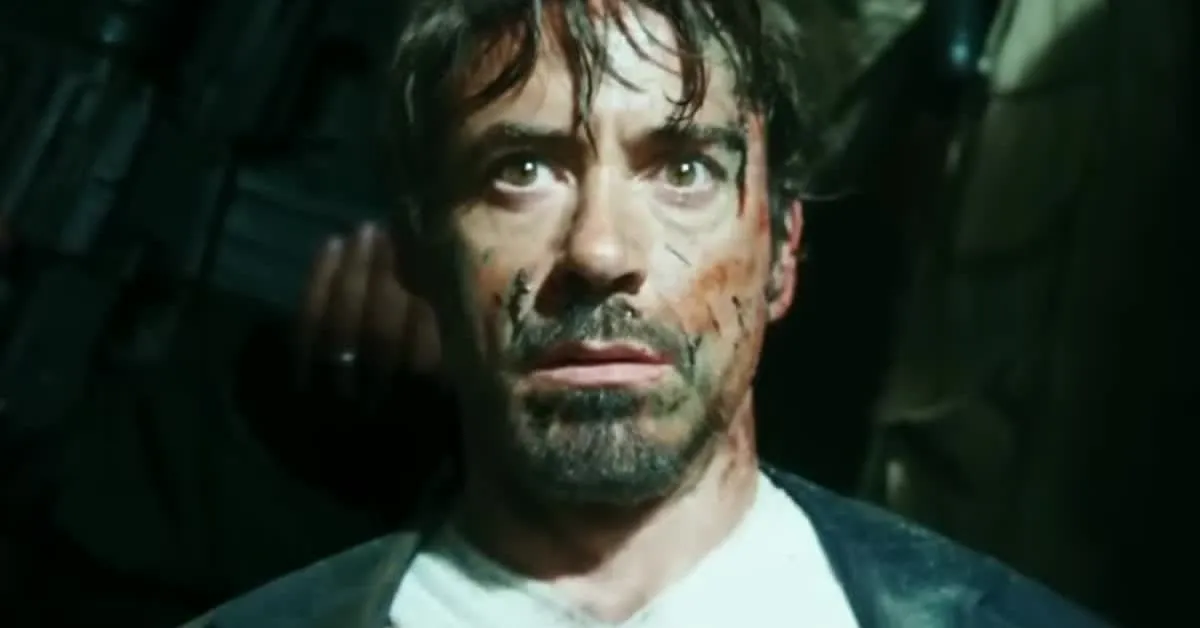
Iron Man succeeds where many superhero origin stories stumble, delivering a self-contained, well-paced narrative that doesn’t just introduce its characters—it makes the audience invest in them. For most viewers, this was the first time these characters appeared on the silver screen, yet they already felt lived-in and fully developed. The film lays the foundation for an entire cinematic universe without ever feeling like it’s setting up something bigger—a rare feat, especially considering how many inferior attempts have tried and failed to replicate its formula. It works on its own terms, which is a big part of why it holds up, even if dated pop-culture references and a climax that doesn’t quite hold under scrutiny keep it from being truly timeless.
The humor and character chemistry are pitch-perfect, with Robert Downey Jr. redefining Tony Stark for the screen in a way that makes him inseparable from the role. His transformation from an arms-dealing, callous right-wing billionaire to a person with a conscience remains one of the most compelling character arcs in superhero cinema—even if, looking back from 2025, that kind of billionaire redemption feels like the biggest fantasy of all. Released on the cusp of Barack Obama’s election, the film tapped into a cultural longing for transformation and accountability after years of war and cynicism. Stark’s evolution mirrored a broader hope that power could be reshaped by conscience, and it’s no coincidence that so many early MCU villains embody authoritarian ideals—order through control, peace through force.
By the final act, the film loses a bit of momentum—the first instance of what would become a well-worn MCU trope. The battle with Obadiah Stane is entertaining but ultimately feels like a prototype for the repetitive formula that follows: a hero facing off against a villain with nearly identical powers in a climactic showdown. And while Iron Man felt fresh in 2008, the sheer number of films that later copied its structure makes it feel less groundbreaking in retrospect. What remains timeless, however, is its distinct approach to heroism. Tony Stark isn’t radioactive, he’s not from another planet, and he’s not even a bodybuilder. His hero status isn’t granted by accident—it’s forged by consequence. He had the means to become something like Iron Man at any point in his life, but only his personal metamorphosis makes it happen. That, more than the suit or the tech, is what makes Iron Man endure.
The Incredible Hulk (2008)
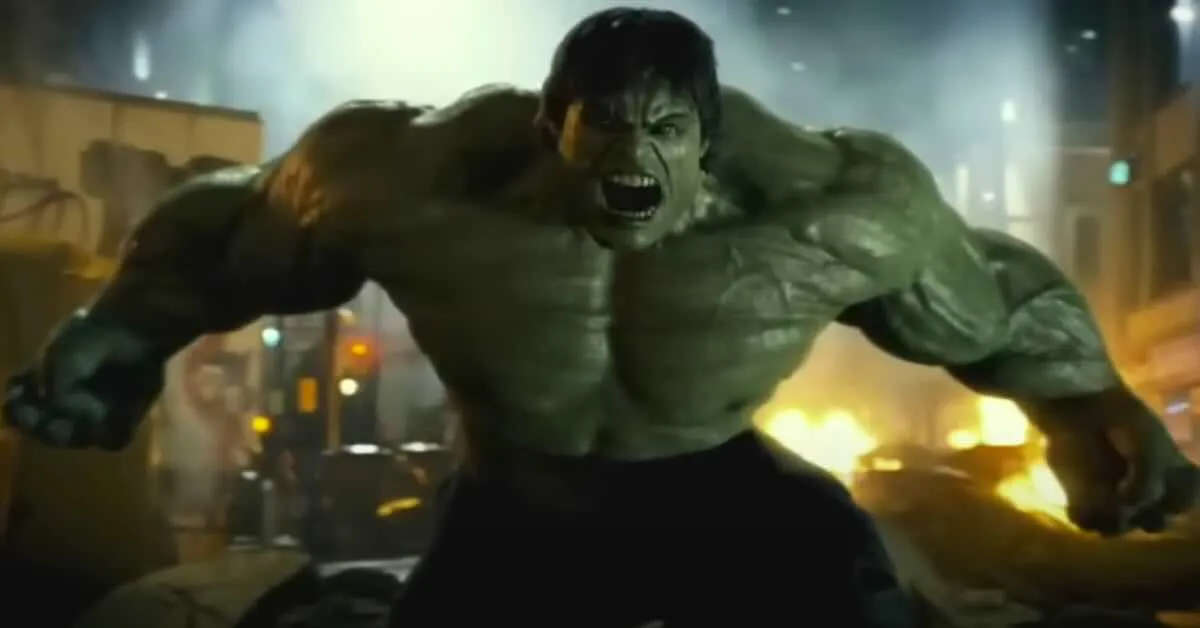
The Incredible Hulk is a serviceable action film that never quite rises above its genre trappings. Darker and moodier than Iron Man, it leans into Bruce Banner’s tortured psyche but lacks the energy and charm that made its predecessor shine.
More than anything, the film feels stuck in an awkward position—attempting to reboot the Hulk while sidestepping an origin story that audiences had just seen five years earlier in Ang Lee’s pre-MCU, non-canon Hulk (2003). As a result, we meet Bruce already transformed, living in exile, trying to suppress his inner monster. It keeps the pacing brisk, but also makes the story feel like something foundational is missing.
Unlike Iron Man, which justifies its hero’s existence in a meaningful way, The Incredible Hulk struggles to define itself within the larger MCU. Still, it isn’t without merit. The action is visceral, delivering some of the most satisfying Hulk destruction ever put on screen. Edward Norton brings quiet intensity to the role, and there are intriguing ideas about control and inner conflict bubbling beneath the surface—even if they don’t fully land.
The greatest offender is an overall lack of personality. Where Iron Man captured audiences with charisma and humor, this film takes itself too seriously. The cast, while competent, doesn’t share the chemistry that made its counterpart so dynamic, and the script never quite crackles the way a great MCU entry should.
In the end, it isn’t bad—it’s just unremarkable. While later MCU entries would embrace the Hulk in a more comedic, ensemble-driven way, this film remains an odd, somewhat forgotten chapter in the franchise.
Iron Man 2 (2010)
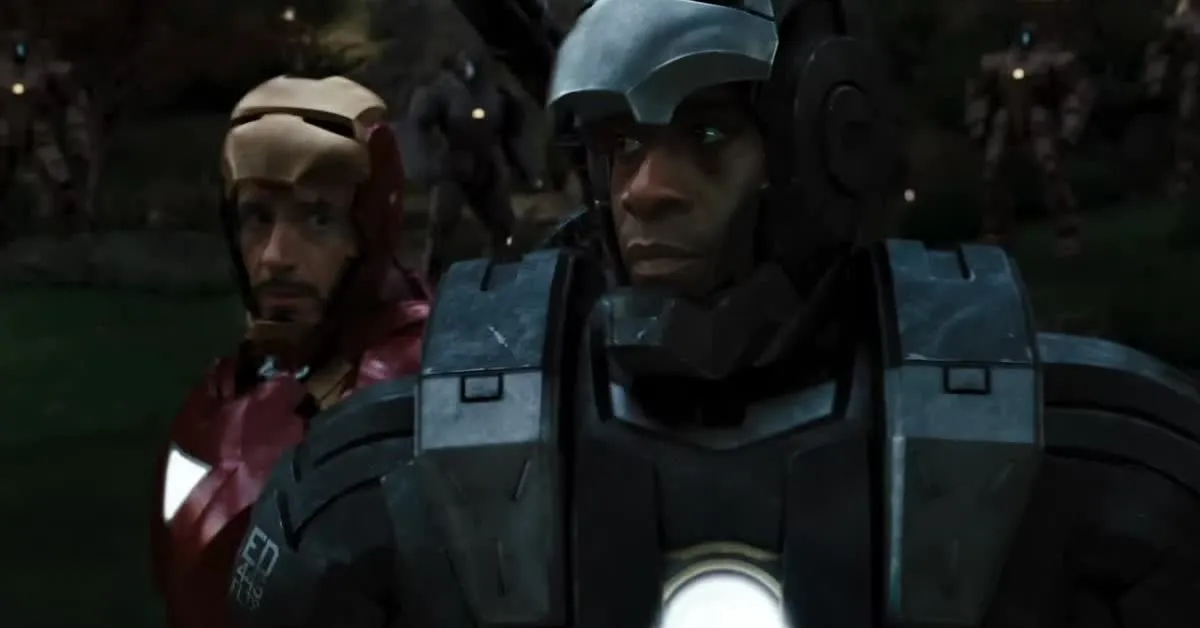
If The Incredible Hulk feels like an entry unsure of its place in this new universe, Iron Man 2 has the opposite problem: a film so focused on expanding this universe, it nearly forgets to tell a story of its own. While it still delivers great moments, they’re less consistent, and the movie struggles with direction in its first half before finally hitting its stride. This is the first MCU movie where the overall story takes a backseat to world-building, and while there are many wonderful individual moments and scenes throughout, they don’t always add up to a fully cohesive whole.
The film features an expanded cast, introducing Natasha Romanoff and further integrating S.H.I.E.L.D. into the larger universe. They help lay the groundwork for The Avengers, but they also contribute to the film’s biggest flaw: it often feels more concerned with setting up future movies than telling a tightly contained story. The villains also suffer from this lack of focus. Whiplash has presence–Mickey Rourke plays him with simmering rage, but the character is underutilized. The same goes for Justin Hammer—Sam Rockwell’s sleazy, wannabe-Tony-Stark arms dealer is endlessly entertaining but never quite becomes the real threat he could have been. With both antagonists falling short of their potential, the stakes feel lower than they should.
Despite its flaws, Iron Man 2 does eventually find its identity. The second half is stronger, with more distinct, engaging action and better character interplay. While the film lacks the urgency of its predecessor, it still manages to expand both the characters and the MCU in meaningful ways. Nowhere near as essential as the first Iron Man, but it remains an enjoyable entry that sets the stage for what’s to come—even if it sometimes feels like a setup more than a story of its own.
Thor (2011)
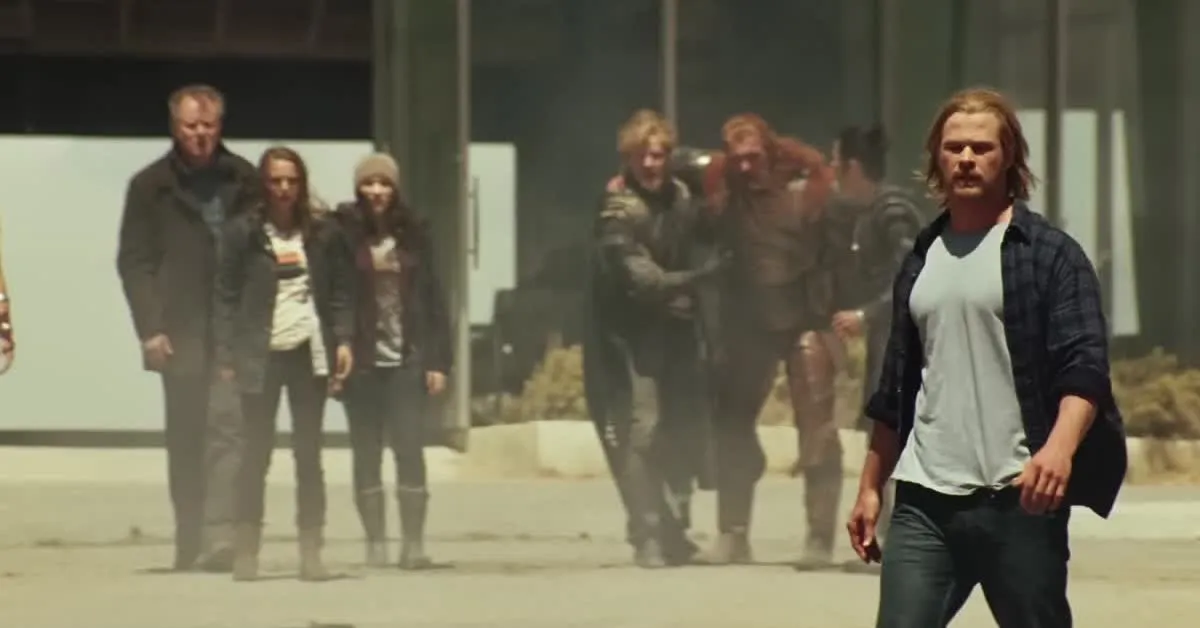
Thor is a strong MCU entry that introduces some of its most compelling characters while balancing mythic grandeur with emotional weight. Though centered on immortal beings, it stays grounded in ideas of love, honor, and personal growth—deeply human themes that are easily relatable. The midsection loses momentum, but the film’s rich character work and sweeping storytelling more than make up for it.
The film plays like a comic book take on Gilgamesh—a story of exile, redemption, and transformation. Rather than leaning solely on spectacle, it prioritizes moral evolution, offering a refreshing take on the superhero genre. Traditional power fantasies take a backseat to themes of humility, honor, and self-discovery, presenting its protagonist as a flawed figure who must earn his heroism. Thor’s journey from arrogant prince to worthy protector is well-executed and deeply engaging.
The grandeur of Asgard sets a high bar, and once the story shifts to Earth, the film slows down. These quieter scenes support Thor’s arc, but lack the epic scale of the film’s opening and finale. It’s a forgivable tradeoff, because Thor thrives as a character study over flash spectacle. With mythic scale and a strong emotional arc, Thor remains one of the MCU’s most resonant origin stories-a tale that proves emotional growth can be just as heroic as swinging a hammer.
Captain America: The First Avenger (2011)
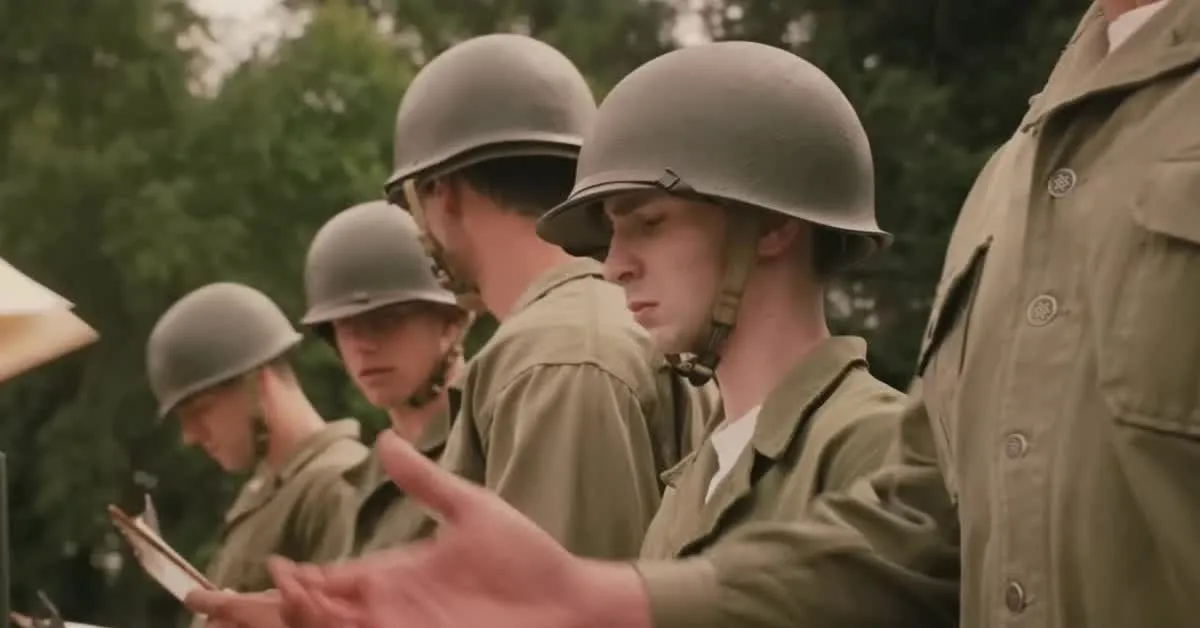
Captain America: The First Avenger is a fun, pulpy introduction to Steve Rogers, elevated by strong supporting performances and a charming period-piece setting. Unlike other MCU origin films, its 1940s backdrop gives it a distinct identity, blending superhero spectacle with classic wartime adventure.
Chris Evans delivers a surprisingly nuanced take on Captain America, making him a genuinely sympathetic character rather than a simplistic jingoistic symbol. The film sticks closely to a familiar origin story formula, but it executes that formula exceptionally well—so well, in fact, that calling it a flaw feels unfair. It’s unapologetically old-fashioned.
Pacing starts to drag in the final act, losing some momentum before the finish. The film also leans heavily into MCU world-building—necessary for the franchise, but ultimately distracting from the film’s standalone identity. Still, it stands as one of the MCU’s strongest early entries, with its period-piece setting giving it a distinct charm that sets it apart from other origin stories.
The Avengers (2012)
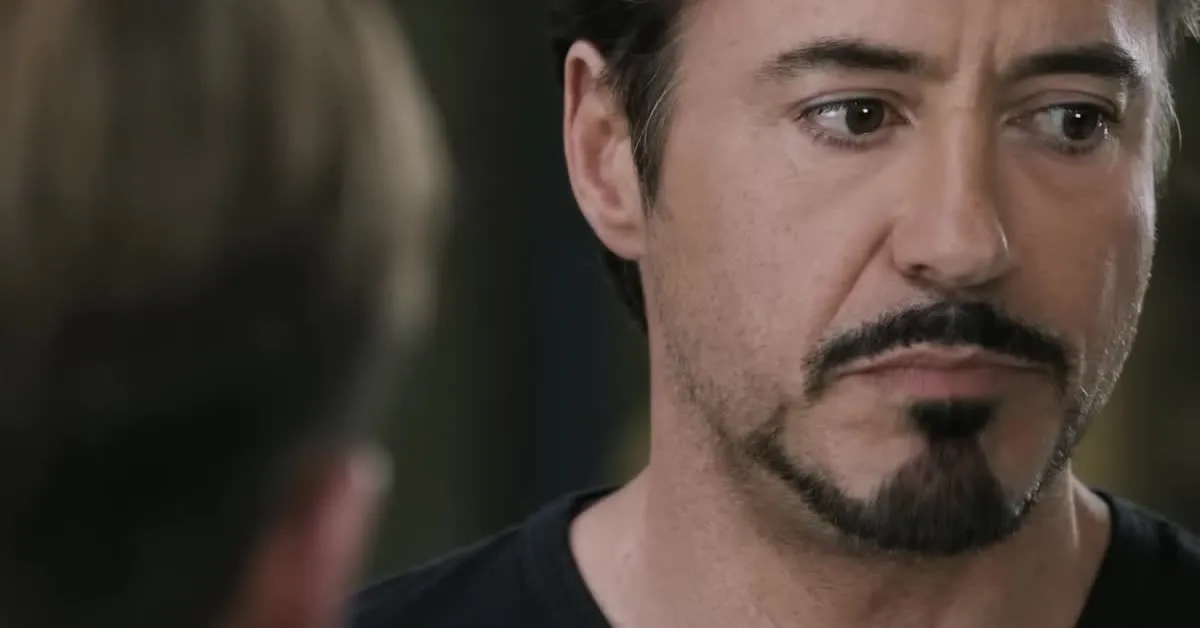
The Avengers is a fantastic culmination of the MCU’s early films, delivering on years of buildup while nearly standing on its own as a legendary superhero event. Balancing such a large ensemble is no small feat, yet the film manages to give every character meaningful moments to shine. The chemistry between the heroes is electric, bringing personality and humor without undercutting the stakes. It makes for an incredibly fun and dynamic experience that never feels overcrowded or uneven.
Loki proves to be a standout villain, bringing depth and complexity to a role that could have easily been overshadowed by the sheer number of heroes onscreen. Tom Hiddleston’s performance cements Loki as one of the MCU’s best antagonists, allowing him to hold his own against a stacked lineup of heroes. His motivations feel personal, with a natural charisma that keeps the conflict compelling without reducing him to a mere plot device. With him at the center, the film avoids the common superhero pitfall of a forgettable villain, keeping the stakes engaging throughout.
The pacing is brisk, making its 2-and-a-half-hour runtime feel completely earned. From its opening moments to the spectacular Battle of New York, the film maintains momentum without feeling rushed. Still, its impact is strongest for those who have followed the MCU from the beginning, as much of its emotional weight comes from the groundwork laid in previous films. At this point, that’s more a feature than a bug. The Avengers isn’t just a great superhero movie—it’s a testament to the power of long-form storytelling, proving that years of buildup can lead to something truly special.
Iron Man 3 (2013)
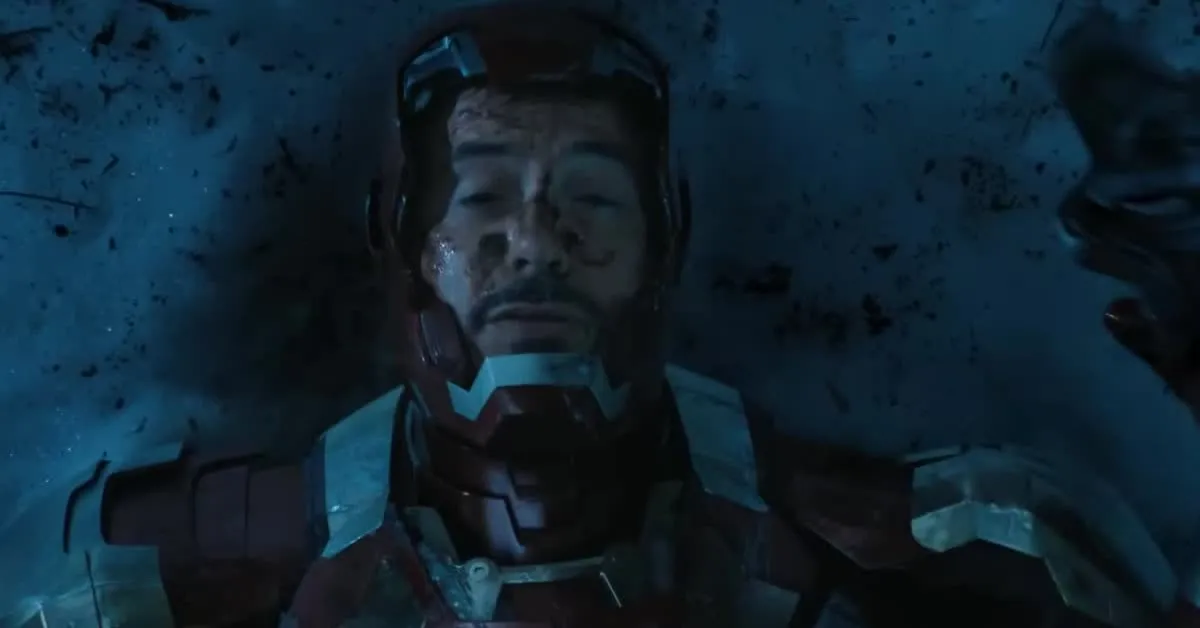
Iron Man 3 is a bold and refreshing sequel that stands firmly on its own, while still continuing Tony Stark’s arc in the wider MCU. Unlike many franchise entries at this stage, it isn’t bogged down by world-building, allowing its pulpy, classic comic-book story to shine. The film fully embraces its own identity, delivering an experience that works just as well as a collection of engaging, well-crafted scenes—something that has always been the secret sauce of Iron Man movies.
The two-tier villain structure, a recurring pattern in the MCU, is used here again but handled effectively. Guy Pearce delivers a strong performance as Aldrich Killian, and Ben Kingsley steals the show with his unexpected take on the Mandarin. Their presence keeps the stakes engaging, and the film’s twists add an unpredictable layer to the Iron Man formula.
It’s the self-contained, character-driven story that does the heavy lifting. By focusing on Tony Stark’s personal journey, it offers the trilogy’s strongest narrative, reinforcing that Iron Man stories thrive most when Tony’s humanity is front and center. With thrilling action, sharp humor, and a refreshing lack of franchise baggage, Iron Man 3 earns its place as one of the best entries in the Iron Man series and a standout film in the MCU.
Thor: The Dark World (2013)
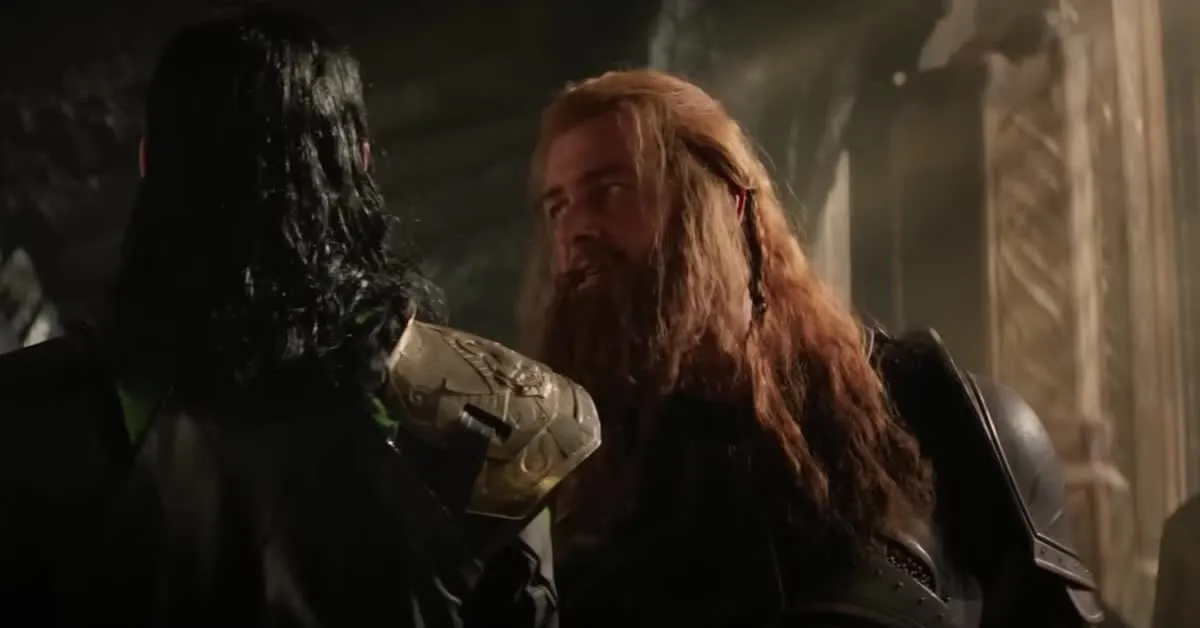
Thor: The Dark World delivers plenty of memorable character moments and stunning set-pieces, with Asgard continuing to impress and the London sequences offering a refreshing break from the usual American city destruction. The film leans heavily into cosmic elements, which makes for some visually striking moments but also leaves the story feeling murky and less grounded. While it builds on the larger mythology of the MCU, the narrative lacks clarity, making it harder to stay invested in the stakes.
Speaking of stakes, the film struggles with scale. Coming so soon after The Avengers, its world-ending heaviness should feel monumental, yet instead, it makes the story less engaging rather than more exciting. Much of this is due to Malekith, a disappointingly weak villain who never feels like a legitimate threat. With such an underdeveloped antagonist, the film loses some of its dramatic weight, making the central conflict feel more like an obligation than a driving force.
Despite its shortcomings, Thor: The Dark World remains an enjoyable ride, largely thanks to Thor and Loki. Their dynamic—equal parts rivalry and reluctant alliance—brings humor, tension, and some of the film’s best moments, and their interactions inject much-needed personality into a story that often feels weighed down by its larger cosmic ambitions. It’s not a top-tier entry, but its personality and sibling drama keep things afloat.
Captain America: The Winter Soldier (2014)
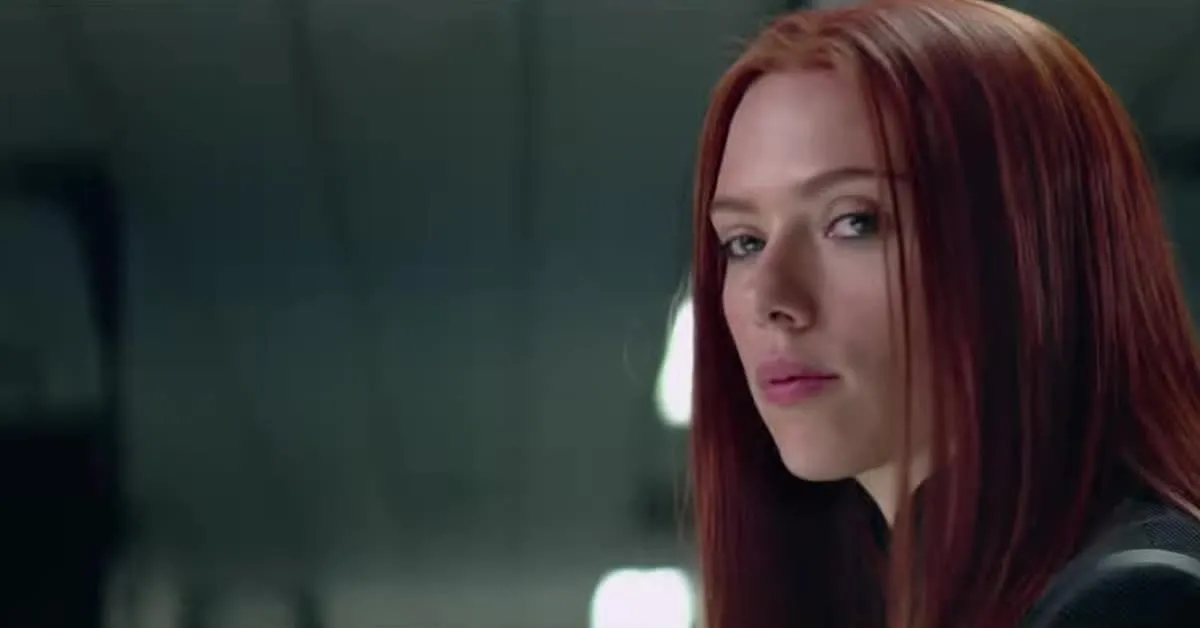
Tense and refreshingly different, Captain America: The Winter Soldier ditches the usual Marvel third-act monster fight in favor of a political thriller wrapped in superhero spectacle. The action is some of the best in the MCU, with tightly choreographed fight scenes that give the film a grounded intensity. Its espionage-driven narrative adds weight, making it feel like more than just another superhero outing.
At times, though, it feels overstuffed, functioning more like a S.H.I.E.L.D. movie that happens to feature Captain America rather than a story fully centered on him. The government conspiracies and HYDRA’s infiltration expand the MCU in meaningful ways, but they also pull focus from Steve Rogers’ personal journey. While these elements add complexity, they sometimes make the film feel less like an intimate character study and more like a broader MCU pivot point.
Even so, The Winter Soldier thrives on its sharp execution. The political thriller tone gives it a sense of urgency, and the world-building, while heavy, serves a clear purpose. It may not always feel like a purely Cap-centric film, but its ambition and style make it one of the more distinctive and well-crafted entries in the MCU.
Guardians of the Galaxy (2014)
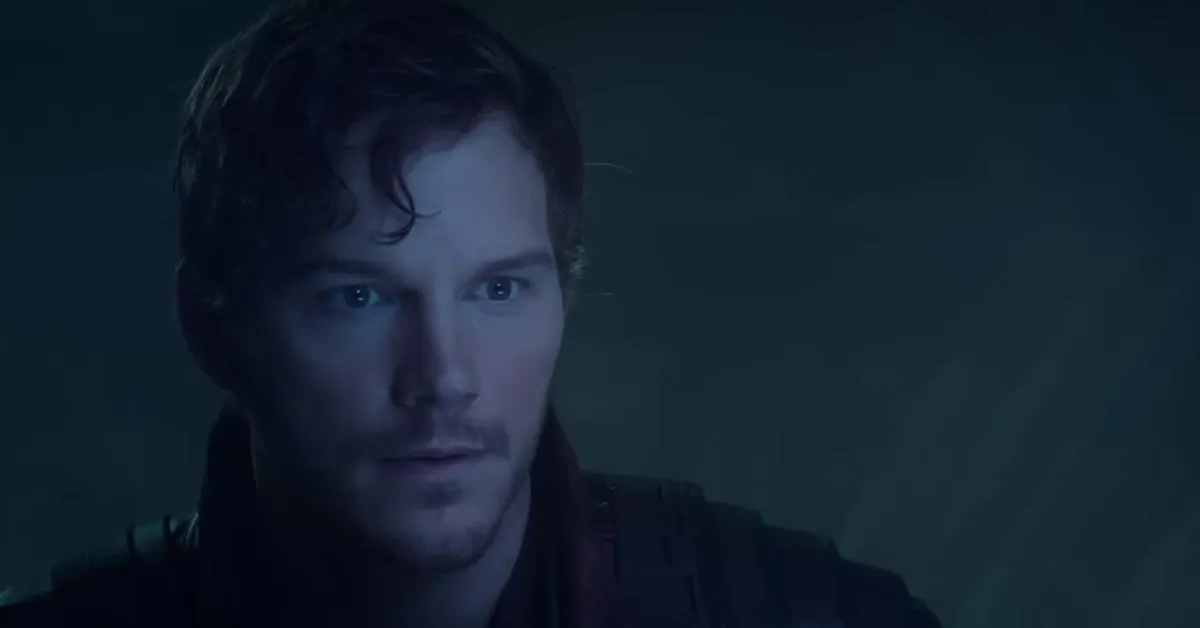
Guardians of the Galaxy thrives on its characters, humor, and aesthetic, making it one of the MCU’s more unique entries. The Guardians themselves are wonderfully messy scoundrels, and once they establish real chemistry, the film shines. Their interactions are the heart of the story, carrying it even when the plot stumbles. The visuals embrace a B-movie look without dipping into parody, playing to director James Gunn’s strengths, though the film’s narrative never fully leans into that weirdness. The humor, soundtrack, and irreverent tone elevate the experience, with the second half hitting its stride once the team truly comes together.
Where Guardians struggles is in its structure. The first half feels awkward, with disjointed pacing as the characters find their footing. While each Guardian is fun and distinct, none initially seem strong enough to carry a movie on their own, making the early scenes feel unfocused as the film juggles multiple introductions. The movie also suffers from a weak villain—Ronan is underdeveloped and overshadowed by Thanos, serving more as an obstacle than a true antagonist. Beyond that, the story feels flimsy, functioning more as a launchpad for the MCU’s cosmic expansion than a fully fleshed-out narrative.
Even with its structural issues, Guardians of the Galaxy remains a gratifying ride. Once the team dynamic clicks, the film finds its rhythm, but it takes longer than it should to get there. Much like Iron Man 2, it leans too heavily on world-building at the expense of telling a truly great standalone story. Still, its personality and charm make up for its weaker elements, solidifying it as a fun, if uneven, MCU entry.
Avengers: Age of Ultron (2015)
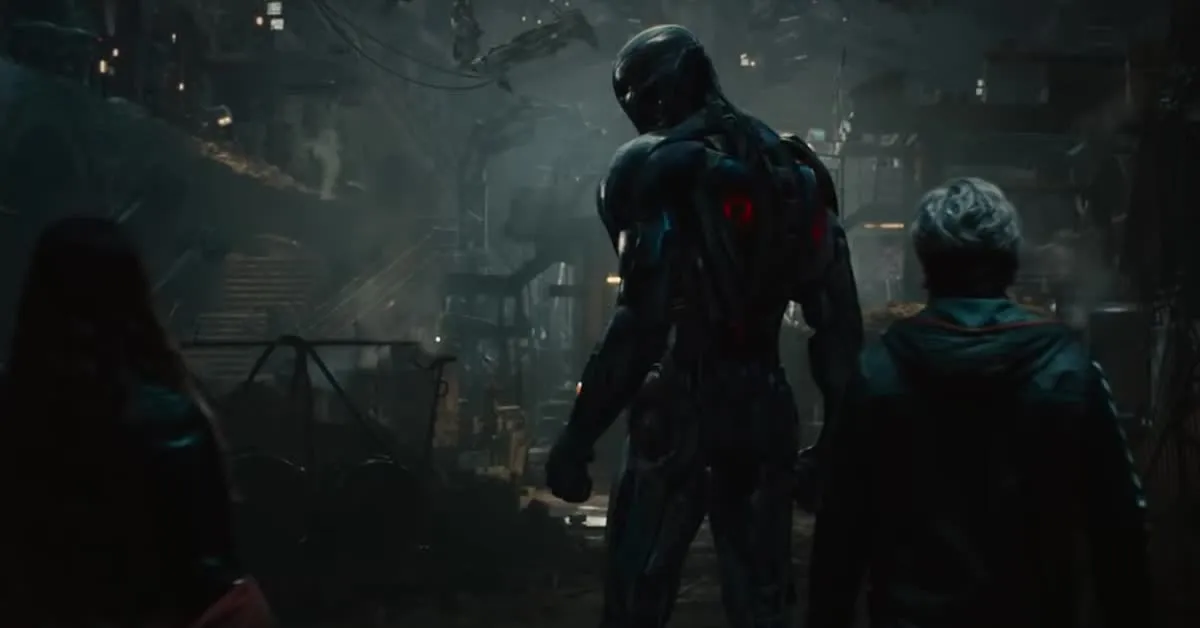
Age of Ultron is dazzling on the surface and relentless in its pacing, but beneath the spectacle, it’s an overstuffed and unfocused entry. There are plenty of fun moments, particularly in the banter between characters, but they struggle to hold together a story that’s juggling too many pieces. There’s a compelling idea at its core—Ultron as a reflection of Tony Stark’s worst instincts—but the film never fully commits to exploring it.
A common issue at this point, Age of Ultron spends too much time setting up future MCU installments. Ultron himself is a massive missed opportunity—his hatred for Tony is never fully explored, even though he’s a direct result of Tony’s hubris. A slower, more personal arc where Tony alone deals with the consequences of creating him could have made for a much stronger film. In fact, Age of Ultron might have worked better as a standalone Iron Man movie, allowing for a more intimate exploration of Tony’s responsibility rather than spreading the conflict across the entire Avengers team. Instead, Ultron is rushed and ultimately feels inconsequential, reducing what could have been one of the MCU’s most interesting villains into just another “destroy the world” antagonist.
The film’s pacing is also a problem, particularly during the Hawkeye family subplot. Meant to add emotional depth, these scenes instead grind the film to a halt, especially since Hawkeye was barely developed in The Avengers, making it difficult to care. Messy, forced, and lacking in identity—Age of Ultron is trying to be an Avengers epic while stretching itself too thin. Had it narrowed its focus, particularly on Tony’s reckoning with his creation, it could have been so, so much better.
Ant-Man (2015)
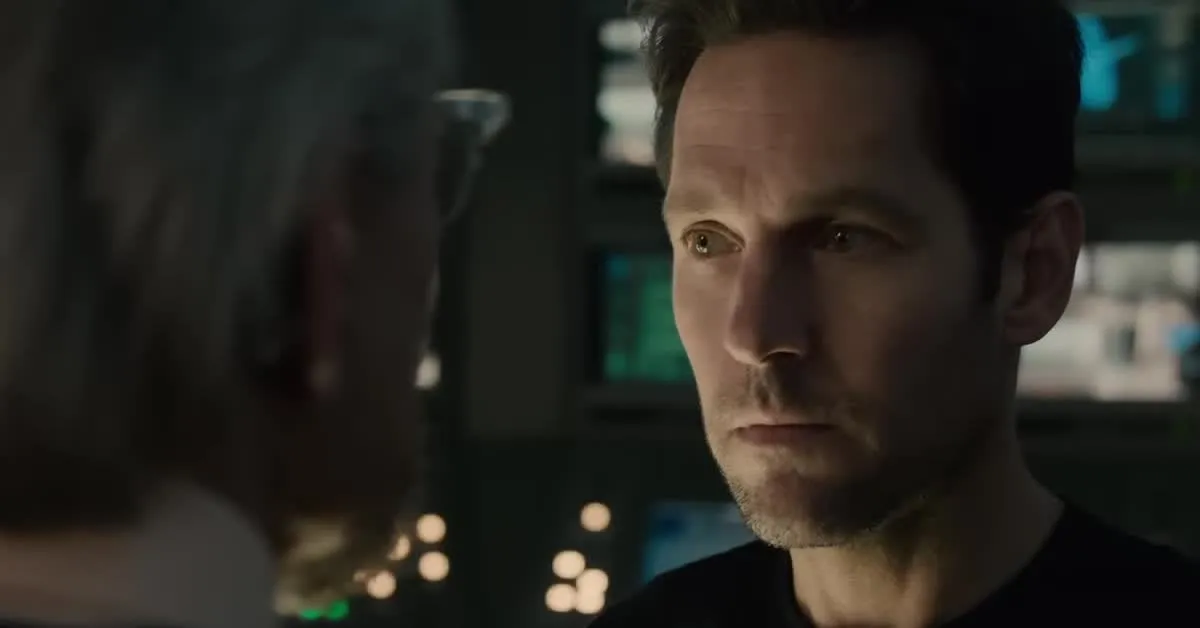
Ant-Man is a breezy MCU entry lifted by its cast’s charm—but ultimately held back by a shallow, formula-driven story. Paul Rudd’s natural charisma carries the film, and his chemistry with Michael Douglas’ Hank Pym feels effortless. Michael Peña’s Luis steals every scene with his fast-talking comedic storytelling, injecting energy whenever he’s on screen. The film also introduces some intriguing sci-fi concepts, with the Quantum Realm teasing larger ideas yet to come.
Despite its charm, Ant-Man sticks too closely to the MCU blueprint. Darren Cross/Yellowjacket is another forgettable “evil businessman in a suit” villain, and Hope van Dyne, while competent, is underutilized. Scott’s drive to reconnect with his daughter is heartfelt but underexplored, making his arc feel more told than earned. The story structure echoes the first Iron Man but without the same emotional depth, and the Avengers tie-in, while entertaining, feels unnecessary, pulling focus from what should have been a tightly contained heist film.
With stronger character work, Ant-Man could have been a standout rather than just another rote entry. A deeper dive into Scott’s past would have given his redemption arc more weight. Instead, the film rushes toward its inevitable “mechanical suit vs. mechanical suit” climax without letting the story breathe.
Captain America: Civil War (2016)
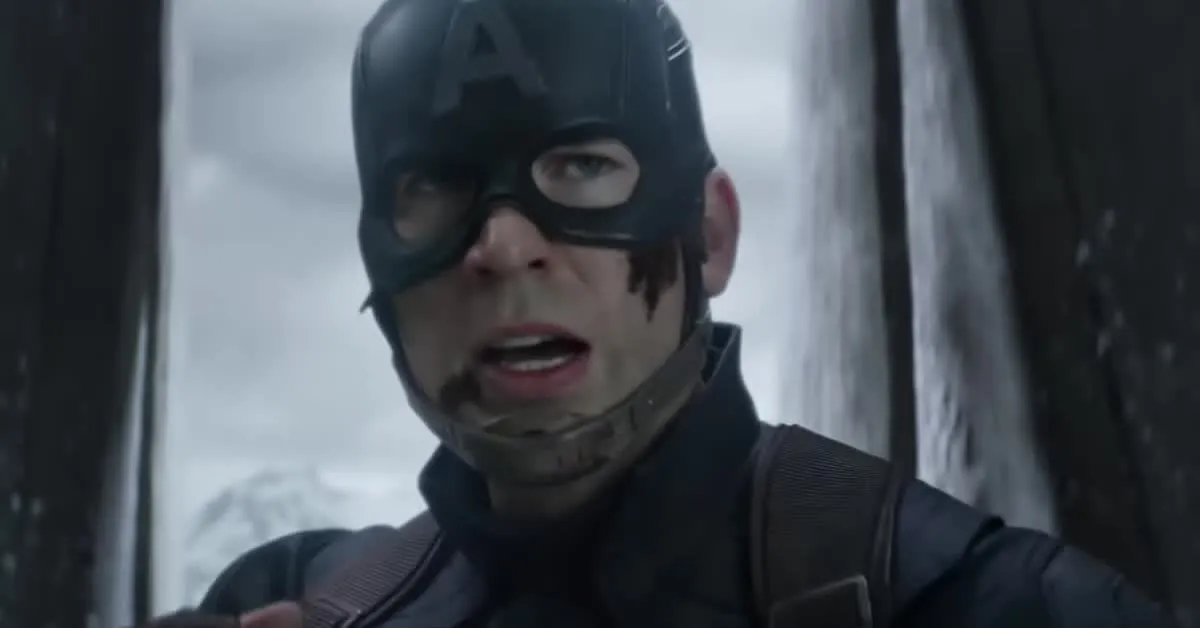
Civil War is another strong character-driven entry, delivering some of the MCU’s most compelling relationships and conflicts. Every major character feels well-realized, and the dynamic between Steve Rogers and Tony Stark carries real emotional weight. Their ideological clash is well-staged, but the film pulls its punches when it comes to confronting the deeper contradictions in either side. This radical-centrist approach is a bit tiring in modern context, but understandable considering the pre-Trump release window. The introductions of both Black Panther and Spider-Man feel surprisingly organic—adding weight and energy rather than dragging focus.
That’s also the problem, though. The film is simply doing too much, juggling multiple storylines without enough breathing room to fully develop its themes. While every element serves a purpose, Civil War often feels more like an Avengers movie than a Captain America story, with Steve’s personal arc getting overshadowed by the larger ensemble conflict. The focus on setting up future MCU installments—particularly Infinity War—sometimes comes at the expense of its own storytelling, making it feel like a stepping stone rather than a fully standalone film.
Ultimately, Civil War might have benefitted from being split into two films—one dedicated to Steve’s personal journey and another as a full Avengers: Civil War event. Either way, as a collection of individual, high-quality Marvel scenes, it really can’t be beat.
Doctor Strange (2016)
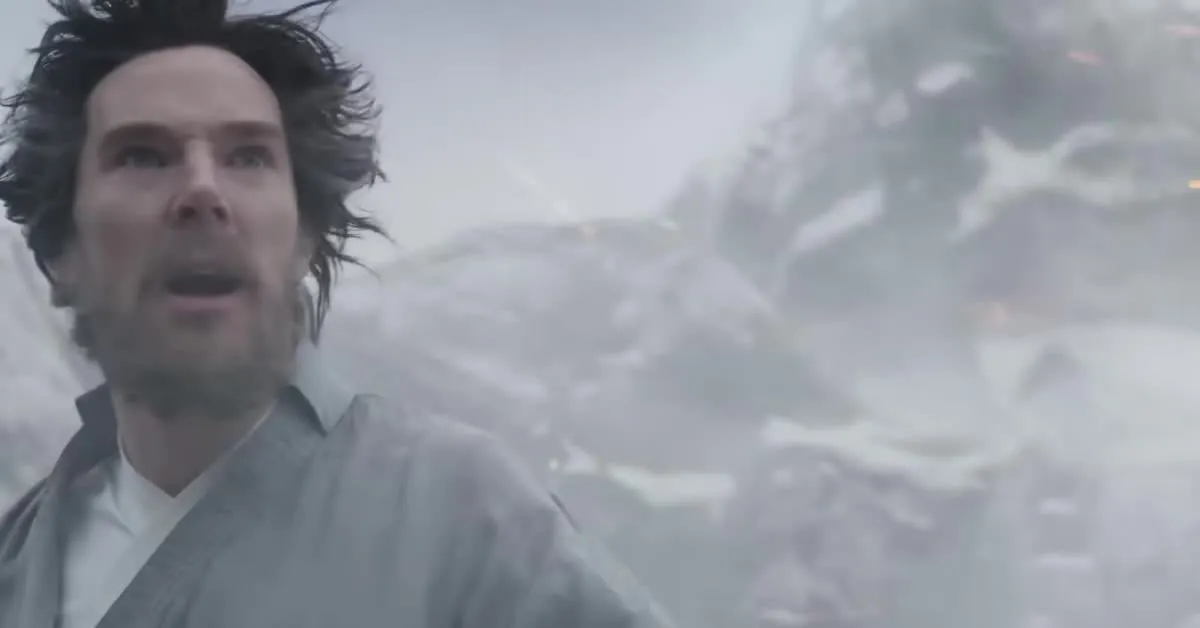
Doctor Strange is a visually stunning introduction to magic in the MCU, featuring some of the franchise’s most inventive action sequences. Its reality-warping effects give it a distinct, psychedelic aesthetic that sets it apart. Strong supporting characters—Wong, Mordo, and the Ancient One—add weight to the mystical world, even if the film itself doesn’t fully explore its lore. The climax is a standout, with Strange outsmarting Dormammu rather than relying on brute force, offering a rare subversion of Marvel’s usual third-act battles.
The weak link, surprisingly, is the central character. Stephen Strange follows the familiar arrogant-genius-to-humbled-hero arc but with less depth than Tony Stark. Strange’s transformation happens too quickly, making his journey feel more like a series of required beats than a truly earned evolution. His motivations remain surface-level, and the story never fully explores why he seeks power beyond vague ambition. The worldbuilding—particularly the lore of Kamar-Taj—is intriguing but barely explored.
What does work exceptionally well here is how everything looks, with the film’s sense of style and spectacle keeping things from feeling stale. With a more thoughtful exploration of Strange’s journey and the lore surrounding Kamar-Taj, it could have been a true standout. Instead, it settles into familiar Marvel territory—entertaining, visually striking, but shy of greatness.
Guardians of the Galaxy Vol. 2 (2017)
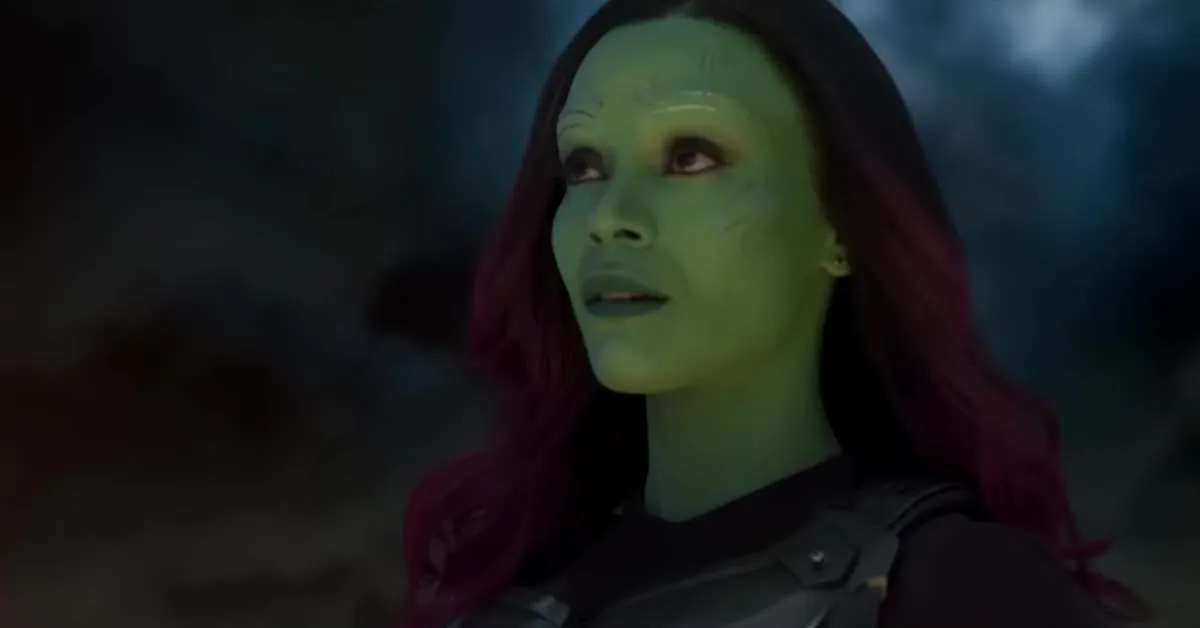
Guardians of the Galaxy Vol. 2 builds on the first film’s strengths, deepening the emotional core of its characters while maintaining the humor and energy that define the series. The Guardians feel more like a true family rather than just a team, and the film takes its time exploring their relationships. The father-son dynamic between Peter, Ego, and Yondu is particularly well-executed, with Yondu’s redemption arc delivering an unexpected emotional punch. These moments ground the film, giving it more depth than a typical MCU entry.
The ensemble cast is handled exceptionally well here, giving every character meaningful moments rather than centering the story solely around Peter Quill. This balance makes it feel like a true team film, on par with The Avengers at its best. However, the increasing use of vast digital backgrounds and heavy CGI occasionally undercuts the immersion. While the special effects are generally strong, some scenes feel obviously green-screened, making the world less tangible than in the first film.
What sets Vol. 2 apart is its commitment to standalone storytelling. Unlike many MCU sequels, it isn’t overly tied to the larger universe, allowing it to function as a strong follow-up rather than just another stepping stone to a bigger crossover. The film strikes a satisfying balance of humor, heart, and character development, making it one of the MCU’s most emotionally resonant and well-rounded sequels.
Spider-Man: Homecoming (2017)
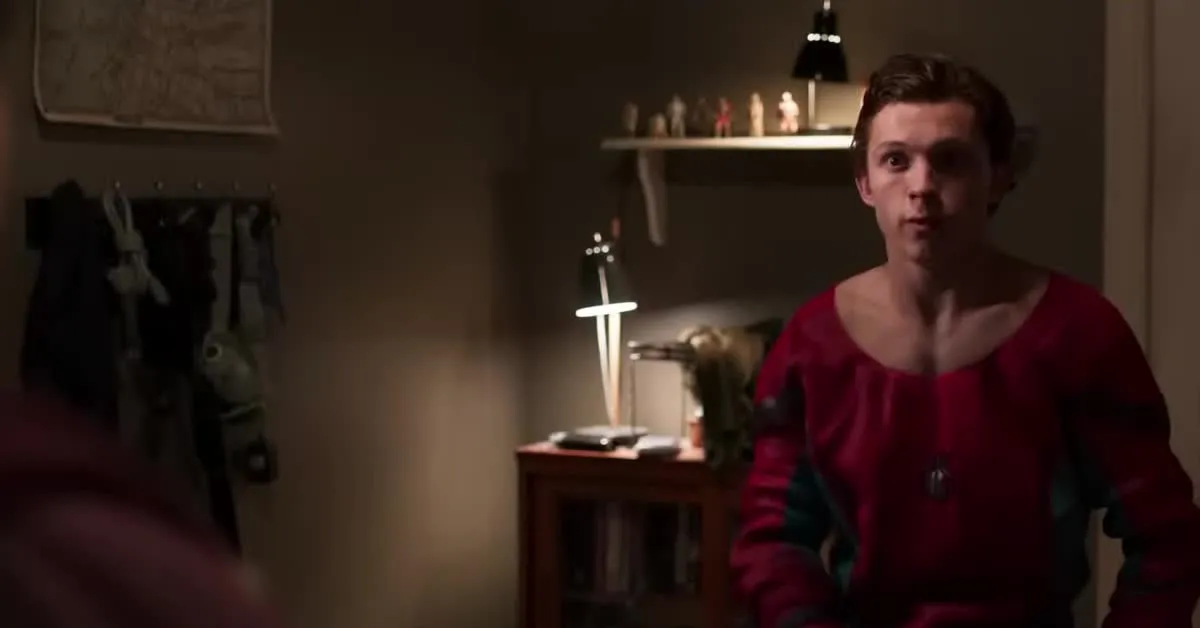
Spider-Man: Homecoming delivers a fresh, grounded take on the character, balancing superhero action with coming-of-age storytelling. Tom Holland perfectly embodies Peter Parker as an awkward, eager, and inexperienced teen, making his struggles feel real and his high school life an integral part of the narrative. The film wisely keeps the stakes personal—Peter isn’t fighting gods or cosmic threats but dealing with a street-level villain that feels appropriate for where he is in his journey.
Michael Keaton’s Vulture is one of the MCU’s best villains, bringing a working-class perspective that makes him more compelling than the usual world-ending antagonists. His motivations make sense—he’s not entirely wrong, just too ruthless in his methods. The twist revealing him as Liz’s father is one of the MCU’s most effective, adding personal tension to the final act. Tony Stark also fits well into the story, serving as a mentor without overshadowing Peter, allowing him to grow into his own hero. The supporting cast—Ned, MJ, and even Flash Thompson—adds charm and personality, enhancing the high school dynamic without distracting from the main story.
The film’s only real drawbacks are its slow start and its reliance on the larger MCU. The first 30 minutes, while fun, take a while to gain momentum, and while Homecoming largely stands on its own, its ties to Civil War and Avengers-related tech make it feel less independent than classic Spider-Man stories. Still, it captures the heart of the character in all the right ways. A fun, sharply made film that feels true to Spider-Man and at home in the MCU.
Thor: Ragnarok (2017)
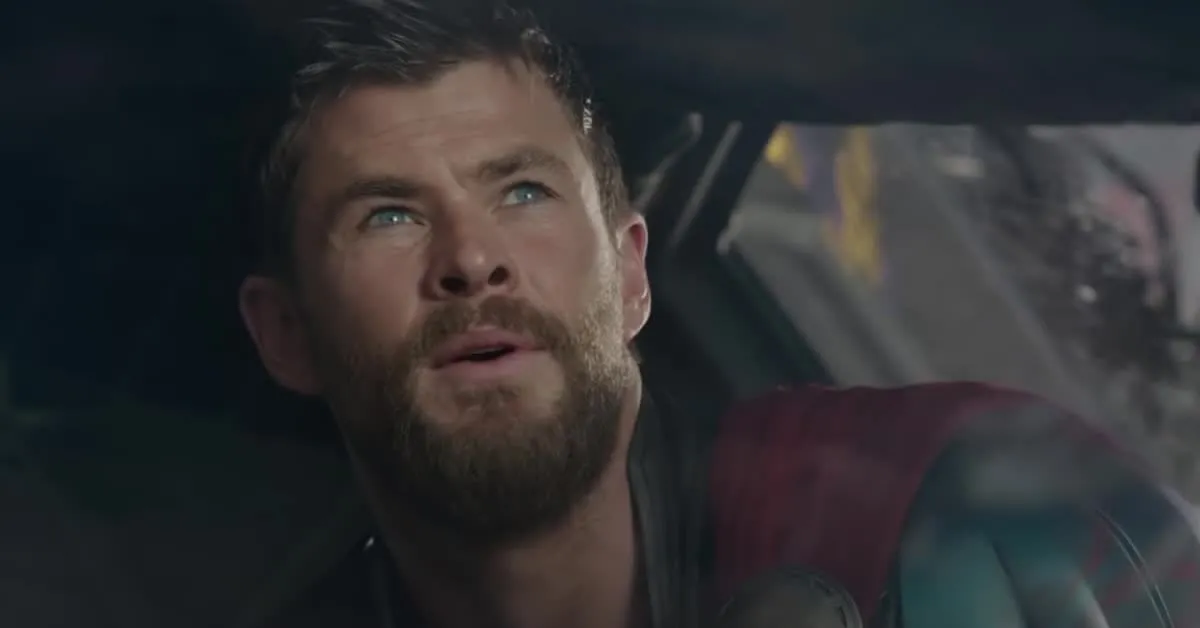
Thor: Ragnarok is a wildly entertaining film that fully embraces the more ridiculous elements of the MCU, reimagining its lead character with a lighter, more self-aware tone. Chris Hemsworth’s natural comedic timing shines, and the film’s humor is consistently sharp, making it one of the funniest entries in the MCU.
However, the film’s commitment to comedy comes at the cost of emotional depth. The stakes are massive—Thor loses his father, his hammer, and his home—yet these moments rarely carry the weight they should. These challenges could’ve driven meaningful growth, but the film often plays them for laughs instead, dulling their impact.
Hela has all the makings of a great villain: an intimidating presence, a genuine reason to be adversarial, and performed effectively by Cate Blanchett. Unfortunately, she’s given little time to develop beyond a generic destructive force. The potential for deeper family drama is brushed aside in favor of humor. While Ragnarok is undeniably fun, it often feels like the jokes drive the story rather than the other way around.
This tonal shift makes it feel slightly disconnected from the greater MCU, where humor typically complements drama rather than overwhelming it. Still, as a standalone experience, it’s easy to enjoy—maybe even love—even if it leans more on laughs than lasting impact.
Black Panther (2018)
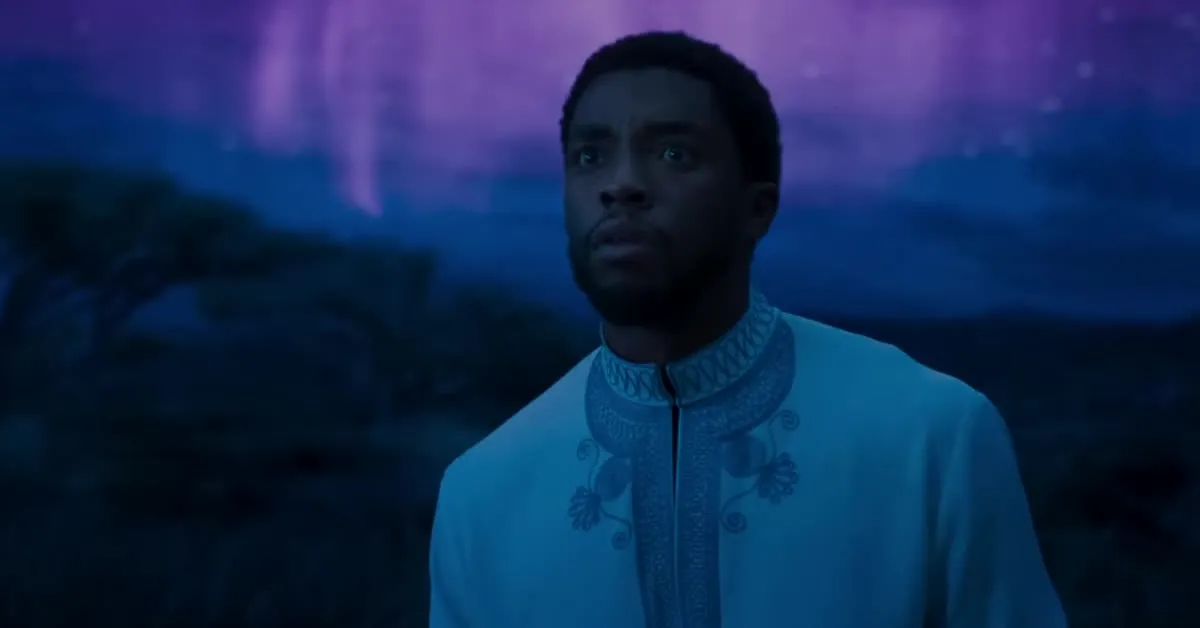
Black Panther plays with the Marvel formula in a way that feels both familiar and groundbreaking. While it looks and moves like a conventional action movie, its deeper themes set it apart. Instead of a simple good-versus-evil story, the film explores the clash between different types of conservatism—whether it’s T’Chaka’s isolationism, Killmonger’s militant nationalism, or T’Challa’s evolving perspective on Wakanda’s place in the world.
Killmonger, played with simmering intensity by Michael B. Jordan, stands out as one of Marvel’s best villains, not just because of his presence but because his motivations feel completely valid. T’Challa, by contrast, often feels restrained in comparison, allowing the supporting cast—Shuri, Okoye, M’Baku, and Nakia—to bring more dynamic energy to the story.
Visually, Black Panther is stunning, with Wakanda’s Afrofuturism feeling both mythical and lived-in. The world-building is rich, but the film doesn’t fully stand on its own—its lore relies heavily on the broader MCU, particularly Civil War. Still, as a Marvel film, it’s one of the strongest, blending layered themes, compelling world-building, and an excellent supporting cast into a film that stands apart from the typical superhero blueprint.
Much of that strength comes from director Ryan Coogler, whose vision brings cultural specificity and emotional gravity few other MCU entries attempt. His fingerprints are everywhere—from the film’s pacing to its political undercurrents—and they’re what give it lasting resonance.
Avengers: Infinity War (2018)
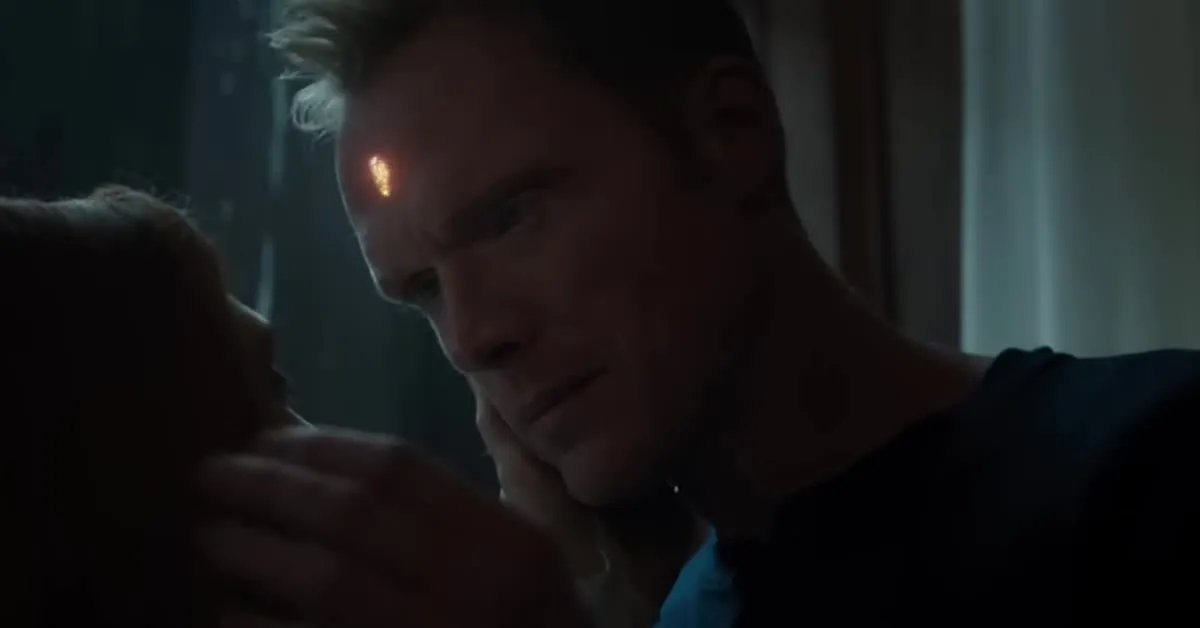
Infinity War is the perfect Avengers movie, delivering everything a crossover event should while maintaining emotional weight and narrative clarity. The film juggles a massive ensemble without losing sight of character, making every interaction feel true and meaningful. At its core, it’s a quest movie, structured simply enough for casual viewers to follow but deeply rewarding for those invested in the MCU’s history.
What sets Infinity War apart is its balance. It could have easily been a shallow spectacle, but instead, the characters continue to evolve, even with limited screen time. Thanos, in particular, stands as one of the best villains in superhero cinema, his motivations fully explored and given the weight they deserve.
The film’s boldest move is its ending—a gut-punch that subverts expectations by letting the villain win and lingers long after the credits roll. Even without Endgame, it would serve as a hauntingly perfect conclusion, daring to leave audiences in stunned silence. This is Marvel at its peak, balancing blockbuster spectacle with character-driven storytelling in a way that few superhero films are able to match.
Ant-Man and the Wasp (2018)
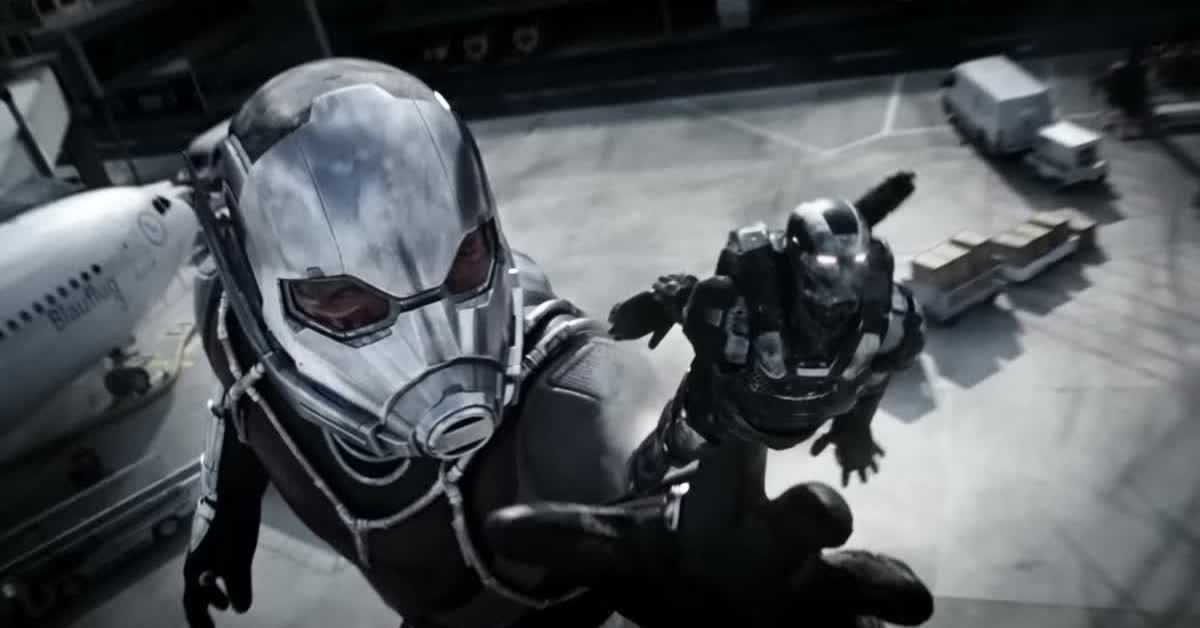
Ant-Man and the Wasp is an inconsequential entry in the MCU, offering light entertainment but little else. Even its most significant moment—Scott being trapped in the Quantum Realm during the Snap—happens after the credits, making the entire film feel like filler.
It feels more like a throwback to the aimless superhero films of the early 2000s than a confident part of Marvel’s evolving saga–juggling too many subplots without any satisfying payoff. Despite sharing the title, Hope van Dyne’s Wasp is underutilized, taking a backseat for much of the film. Ghost, the supposed antagonist, has a tragic backstory but no clear motivations, making her feel less like a character and more like an obligatory plot device.
Paul Rudd, Michael Douglas, and Michael Peña remain charming, but even they aren’t given enough to elevate the material beyond mediocrity. The film is watchable but forgettable, existing more to fill a gap between Infinity War and Endgame than to tell a compelling story of its own.
Captain Marvel (2019)
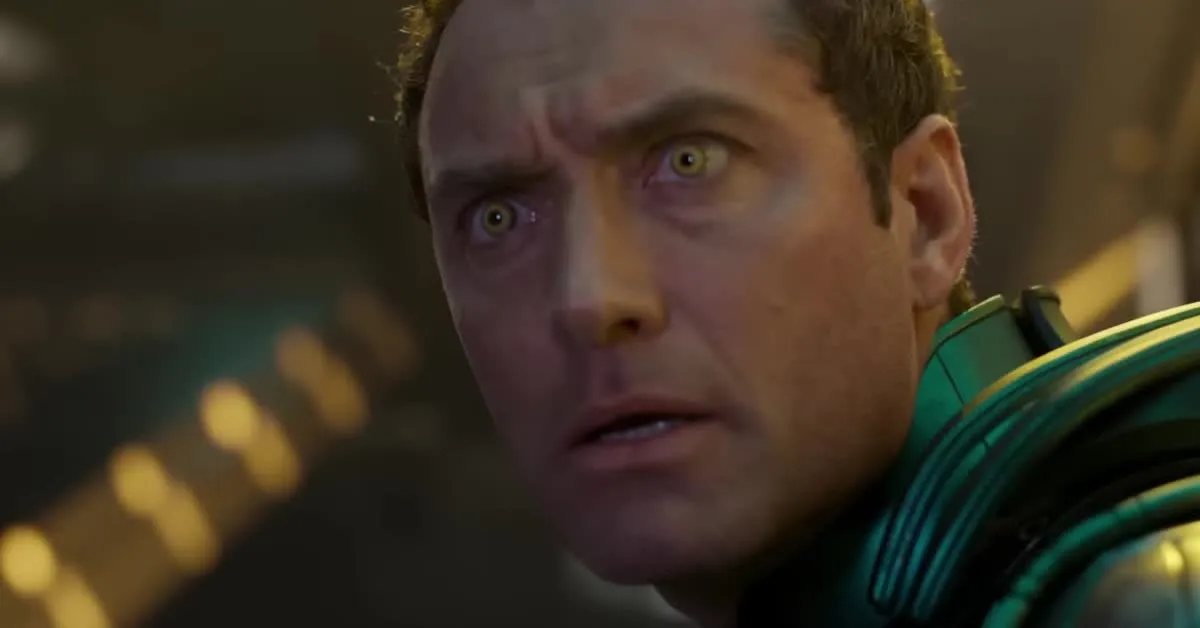
Captain Marvel is a solid but emotionally underwhelming MCU film, lifted by strong world-building and a charismatic cast but lacking emotional depth. Samuel L. Jackson is a standout, effortlessly elevating every scene he’s in, while the Kree-Skrull conflict provides an intriguing backdrop. The cosmic visuals are striking, and Brie Larson makes for a compelling lead, but the script never fully explores Carol Danvers beyond the surface, leaving her journey feeling more obligatory than transformative.
The film struggles with stakes and tension. The twists are predictable, and Carol never faces any real adversity—her power is never truly challenged, and her obstacles feel more like minor inconveniences than meaningful conflicts. The emotional beats, like her rediscovery of her past and betrayal by the Kree, should be impactful, but they land with little weight. A story about an Earthling with amnesia, abducted by aliens, and forced to rebuild her identity after years of deception should be rich with depth. Instead, the film rushes through these elements, presenting them in a way that feels oddly detached.
This movie had everything it needed for a compelling, character-driven origin story, but it never fully commits to exploring its best ideas. It’s fun in the moment but too shallow to leave a lasting impact.
Avengers: Endgame (2019)
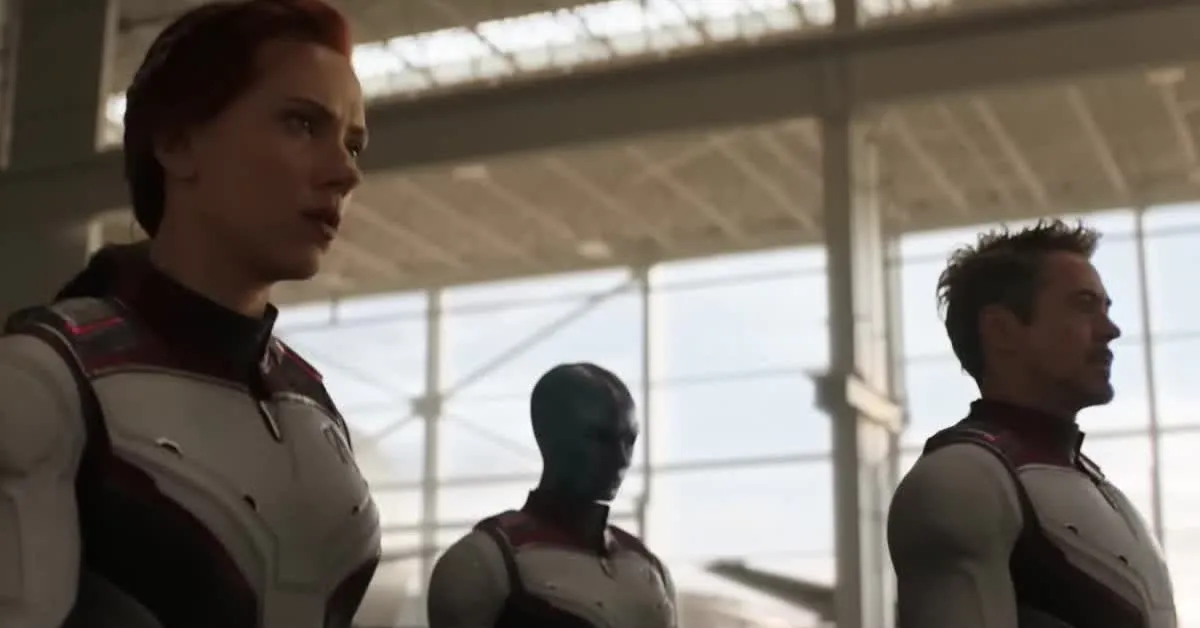
Endgame serves as a fitting coda to the MCU’s first era, paying tribute to everything that came before it, if never elevating beyond that. The final act delivers genuine emotional weight, with Tony Stark’s sacrifice and Steve Rogers’ farewell providing a strong sense of closure. As a celebration of the franchise, it succeeds—but as a film, it struggles to stand on its own, never quite elevating beyond a victory lap for the MCU’s legacy up to that point.
The first two and a half hours are messy and chaotic, existing primarily to undo Infinity War. The time travel mechanics feel rushed, serving more as a convenient reset button than a carefully woven plot device. Revisiting past MCU moments leans too heavily on nostalgia, replaying old scenes instead of creating new ones with real dramatic weight. Once time travel is introduced, the stakes weaken—if altering the past is this easy, it removes the permanence of consequence. Captain Marvel’s sudden arrival only adds to the film’s structural problems; after being largely absent, she appears just in time to nearly solo Thanos, making the final battle feel less earned.
While Endgame is packed with memorable moments and emotional payoffs, it leans more on sentiment than storytelling. The film’s best scenes reward long-time fans, but its structure feels loose, more like a celebratory epilogue than a tightly woven narrative. Instead of pushing the MCU forward, it dwells on past triumphs, relying on nostalgia and plot conveniences to tie up loose ends. The result is an entertaining and heartfelt send-off, but one that never quite reaches the precision and impact of Infinity War.
Spider-Man: Far From Home (2019)

Far From Home is a charming and visually inventive sequel that delivers strong character moments and humor but struggles with its storytelling. Tom Holland, Zendaya, and the supporting cast bring warmth and energy to the film, making it consistently entertaining even when the plot falters.
The illusion sequences are some of the most creative in the MCU, blending surreal imagery with dynamic action in a way that feels genuinely fresh. However, beneath the spectacle, the story feels flimsy, struggling to balance its lighthearted teen comedy with the emotional weight of a post-Endgame world.
Mysterio, while conceptually interesting, lacks the depth that made Homecoming’s Vulture such a compelling antagonist. Jake Gyllenhaal gives a strong performance, but Quentin Beck’s motivations are thinly developed—rather than earning the audience’s sympathy, the film simply explains why he’s angry. This makes his arc feel hollow, especially in contrast to the grounded, personal stakes of Peter’s previous villain. The film also suffers from tonal inconsistency, never fully committing to either its coming-of-age charm or the gravity of its larger MCU connections.
Far From Home feels like a step down from Homecoming. The humor and characters keep it engaging, but the weaker villain and shaky story structure prevent it from reaching top-tier MCU status. It’s fun, fast-paced, and full of personality, but lacks the staying power of the best Spider-Man films.
Black Widow (2021)
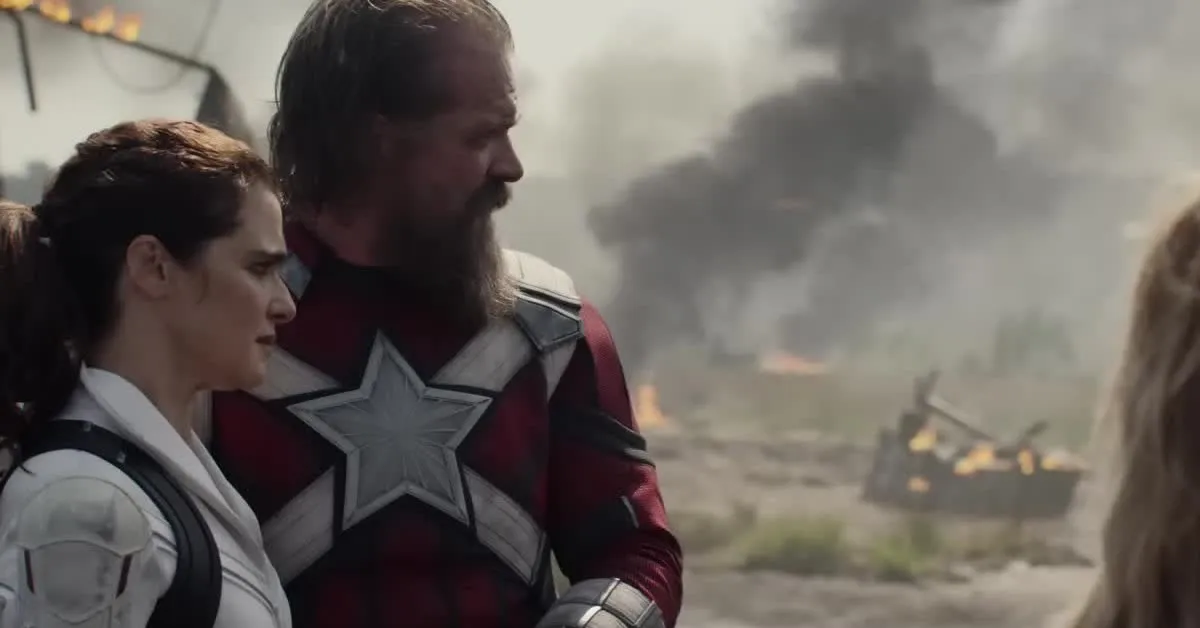
It’s easy to dismiss Black Widow as a belated Disney cash grab—an unnecessary prequel for a character whose fate was already sealed in Endgame. Natasha Romanoff had long felt underdeveloped in the mainline Avengers films, and on paper, this movie seemed like too little, too late. But shed those assumptions, and what emerges is one of the MCU’s most emotionally grounded and character-rich stories.
The film finds its heart in the introduction of Red Guardian and Yelena, whose dysfunctional “family” dynamic with Natasha adds immediate depth. Their strained, complicated relationships lend real emotional weight, recasting Natasha not just as a spy or Avenger, but as someone reckoning with a fractured past. The narrative plays with memory and perspective, using unreliable accounts to explore trauma, identity, and chosen bonds. It’s gritty, emotionally honest, and driven by sharp character writing—especially for Yelena, who steals nearly every scene she’s in.
Though Black Widow may feel like it should’ve come before Endgame, its posthumous placement gives it the weight of a eulogy. It retroactively enriches Natasha’s arc, casting her past appearances in a more thoughtful light. The confrontation with Dreykov provides a powerful emotional payoff, and the film as a whole strengthens the MCU without overreaching. It stands as one of Marvel’s most grounded and affecting entries—far more impactful than expected.
Shang-Chi and the Legend of the Ten Rings (2021)
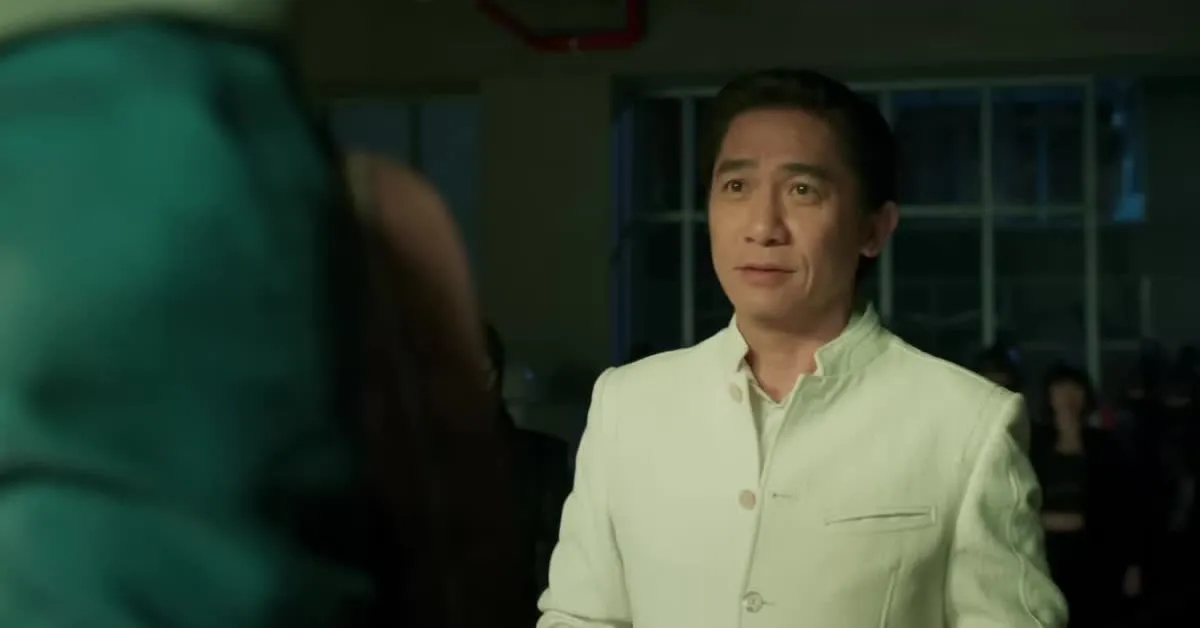
Shang-Chi and the Legend of the Ten Rings is a vibrant, fast-paced fantasy adventure with plenty to love, even if its emotional core doesn’t always hit as hard as it could. From the outset, the film delivers strong humor, dazzling visuals, and standout performances from its supporting cast. Katy, Xialing, and Trevor inject personality and heart into the story, often outshining the titular hero. The martial arts choreography is slick, the world-building rich, and the mythological spectacle is a welcome change of pace within the MCU.
Where the film stumbles is with Shang-Chi himself. His personal arc—rooted in family trauma and inherited responsibility—is mostly told through flashbacks and exposition, making it harder to connect with him on an emotional level. The story hints at powerful themes, particularly in its exploration of grief and legacy, but often pulls away just as those threads start to deepen. It’s a film that gestures toward intimacy but ultimately leans more into action and fantasy than character study.
That trade-off is most noticeable in the final act. Wenwu is a compelling, grief-stricken antagonist, and his dynamic with Shang-Chi had the potential for a truly cathartic showdown. But the emotional stakes are sidelined in favor of a large-scale battle against a soul-sucking dragon—a faceless threat introduced too late to resonate. The father-son conflict loses impact amidst the CGI spectacle. Still, for all its narrative diffusion, Shang-Chi remains enjoyable, carried by its ensemble cast, lush visuals, and fresh energy.
Eternals (2021)

Eternals reaches for grandeur, but lands with a thud. Despite its sweeping cosmic scope and mythological ambition, the final product feels overlong, emotionally distant, and tonally inconsistent. The ensemble cast never quite clicks—each character seems to belong to a different film, and their conflicting energies make it difficult to invest in the story. For once, a more traditional Marvel structure might have helped ground the narrative and maintain momentum.
There are moments of potential: the themes of immortality, purpose, and intervention could have offered a compelling philosophical core. Kingo and his valet Karun provide welcome levity and stand out as the film’s emotional anchor. Some scenes are visually striking or conceptually rich, but these moments are quickly lost in a plot weighed down by too many characters, timelines, and cosmic stakes. The overly self-serious tone distances the viewer and gives the film a disjointed, heavy feel more akin to the DCEU than the MCU’s usual spark.
While Eternals isn’t completely without merit, it remains difficult to recommend. Its ambition is admirable, but the execution lacks focus and cohesion. Major stakes are introduced without meaningful follow-up, leaving the story feeling oddly inconsequential in the larger Marvel universe. With a lighter tone, tighter ensemble dynamic, and sharper emotional focus, it might have soared. Instead, it remains an intriguing but ultimately unsatisfying entry in the MCU.
Spider-Man: No Way Home (2021)
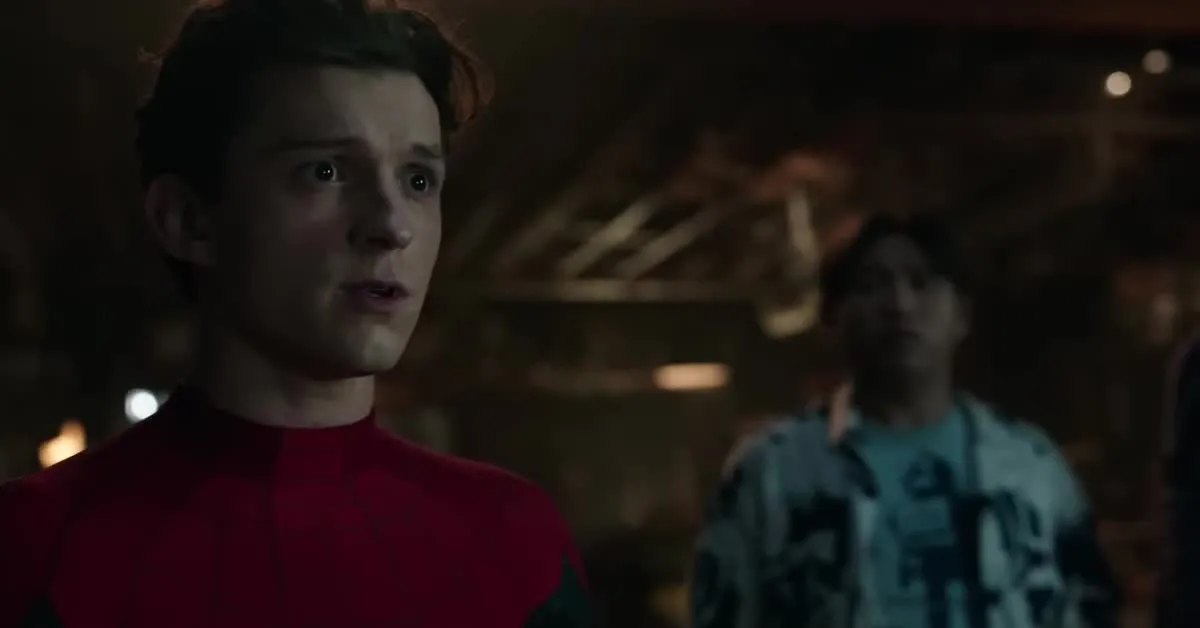
No Way Home is a chaotic, logic-defying multiverse adventure that falters structurally but succeeds emotionally. Easily the most disjointed entry in the MCU’s Spider-Man trilogy, it’s also the most heartfelt. The return of all three Spider-Men could have felt like a gimmick, but instead becomes the film’s emotional core—exploring themes of grief, identity, and compassion with surprising depth.
The older Spider-Men act as mentors, helping MCU Peter process May’s death and retain his humanity. Willem Dafoe’s return as Green Goblin is a highlight—unhinged, vicious, and emotionally personal. The final scene with MJ and Ned is quietly devastating, giving weight to Peter’s sacrifice. Beneath the spectacle lies a sincere story about second chances and self-acceptance.
Still, the film struggles with consistency. It bounces between threats, never quite settling on a primary antagonist, Strange’s magic is wildly overpowered, and plot logic often collapses under scrutiny. Character motivations are occasionally handwaved to serve the narrative, and Doctor Strange continues to feel like a less grounded Tony Stark substitute. Yet despite its flaws, the film leaves a lasting impression—messy, but deeply human.
Doctor Strange in the Multiverse of Madness (2022)
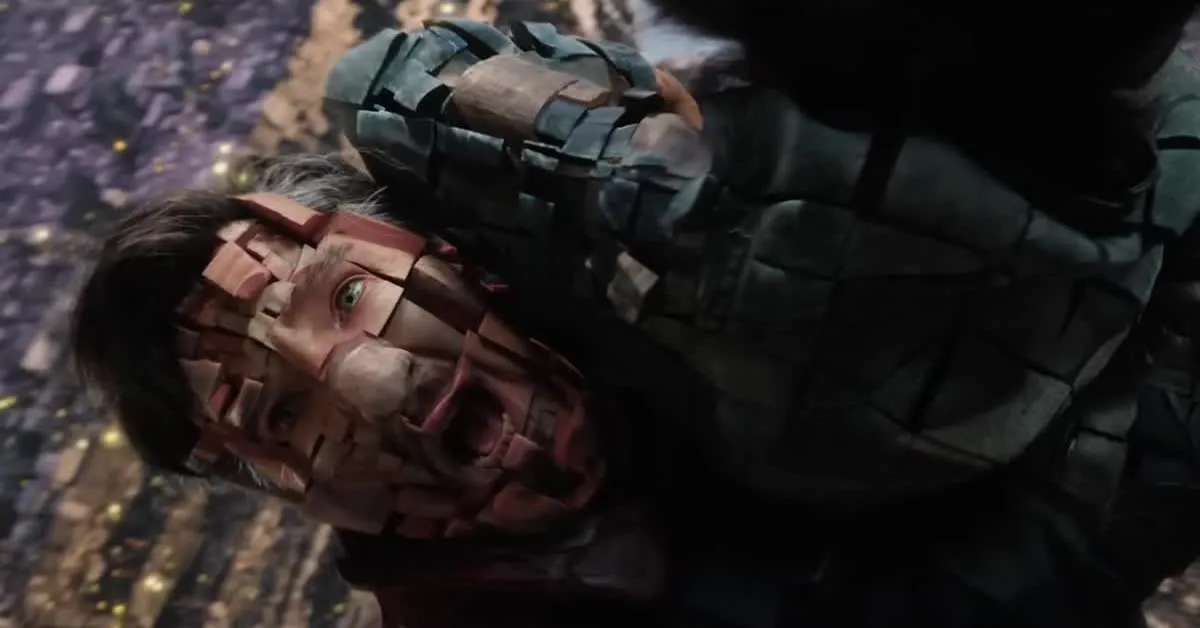
Doctor Strange in the Multiverse of Madness succeeds largely on the strength of Sam Raimi’s unmistakable direction. With its horror flourishes, campy tone, and bursts of visual creativity, it feels more like a Raimi film that happens to take place in the MCU—a rarity in a franchise known for playing it safe. That distinct voice gives the film personality, even when the story stumbles.
Strange finally feels like a fully realized character. The “Are you happy?” thread adds welcome emotional depth, and his arc moves from arrogance to vulnerability in a way that feels earned. Wanda, however, is underserved. Her descent into villainy is compelling in theory but lacks proper setup without WandaVision, making it feel abrupt and overly reliant on external context.
The visuals are also uneven—stunning in sequences like the dreamwalking and musical note battle, but rough in others, especially the opening Gargantos fight, which feels oddly weightless. Still, the cameos are handled well, with the Illuminati scenes adding intrigue rather than distracting. While its script is messy and too dependent on Disney+ homework, Multiverse of Madness remains a bold, weird, and emotionally resonant chapter in the MCU.
Thor: Love and Thunder (2022)
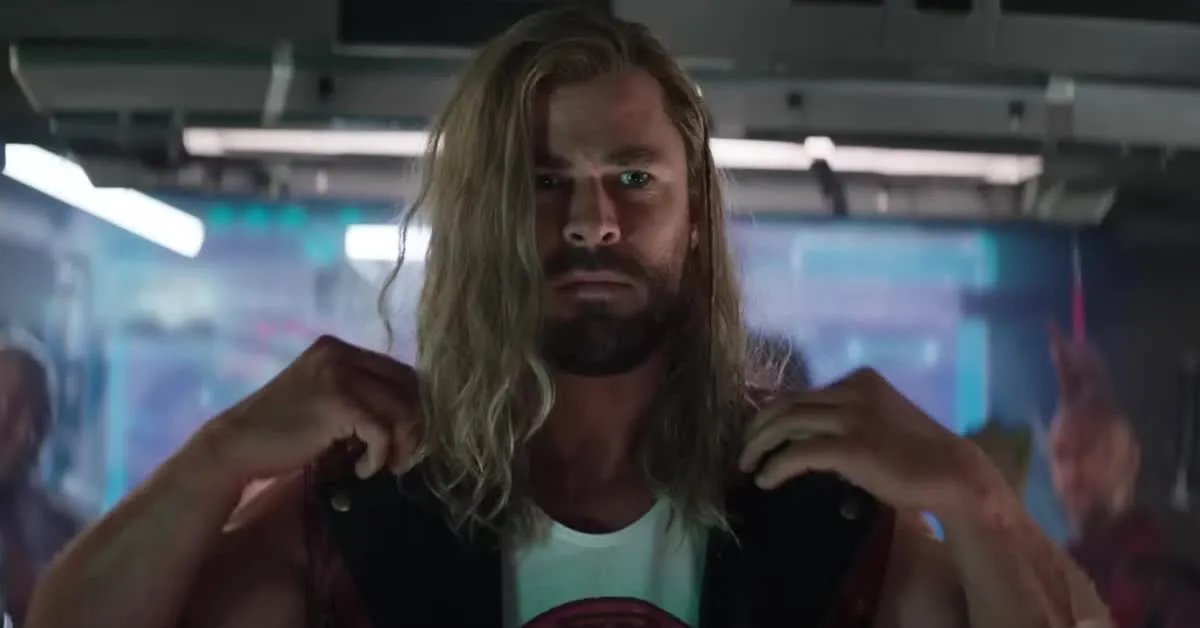
Thor: Love and Thunder is bold, joyful, and deeply human—easily the most personal of the Thor films. Unlike Ragnarok, which was tied into the broader Avengers arc, this entry stands on its own, giving the story space to breathe. It’s also unmistakably a Taika Waititi film: weird, funny, and full of heart. The humor feels natural, like banter among friends, and the film’s warm, inclusive tone makes it a consistently delightful experience—even for MCU newcomers.
At its core is a moving exploration of grief, love, and found family. Gorr’s arc, powered by Christian Bale’s intense, mournful performance, is devastating without tipping into melodrama. His final act—resurrecting his daughter despite knowing he won’t live to raise her—is one of the MCU’s most poignant moments. Jane Foster’s return, this time as the Mighty Thor, is equally powerful, balancing strength and vulnerability with a graceful exit. Even with the occasional tonal misstep (Zeus is a bit much), the emotional throughline remains strong.
Visually, the film embraces a stylized space-fantasy look that suits its tone, though the seams of green-screen filmmaking occasionally show. Still, its standalone nature is refreshing in a franchise increasingly crowded by continuity. Loki’s absence is felt—his emotional weight was always key—but Love and Thunder proves Thor’s story still has depth without him. Unapologetically weird and unexpectedly sincere, it stands as one of the MCU’s most unique and affecting entries.
Black Panther: Wakanda Forever (2022)
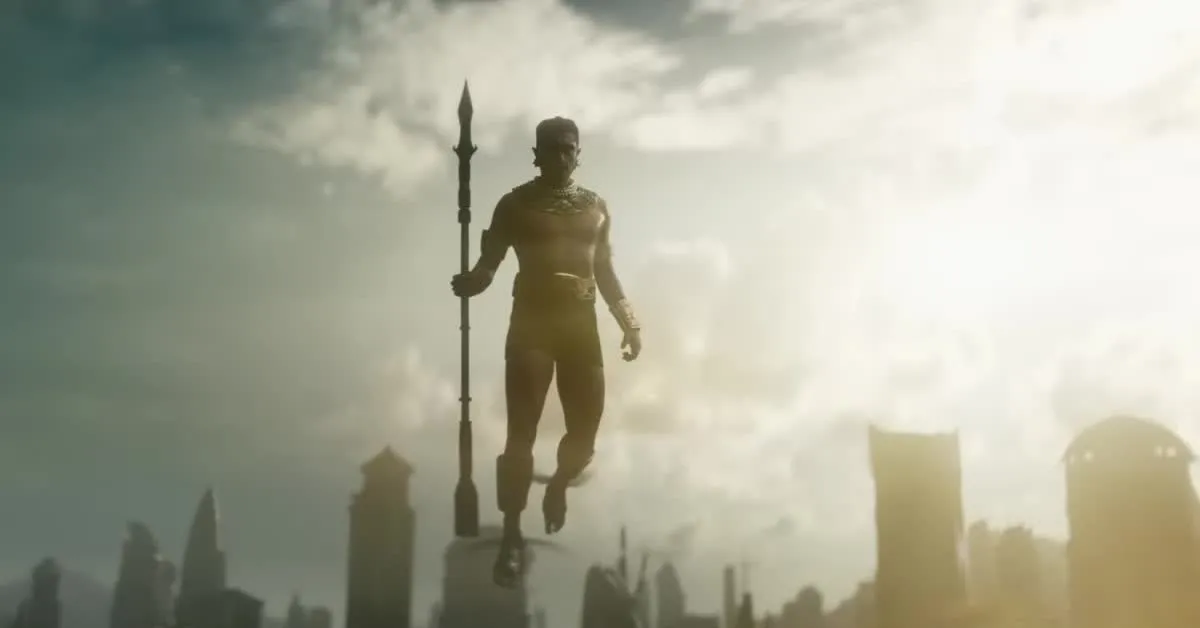
Black Panther: Wakanda Forever is a powerful meditation on grief, legacy, and identity. Its emotional core is anchored by Shuri, whose arc—torn between vengeance and compassion—gives the film its heart. Her final choice to reclaim her humanity, rather than destroy Namor, delivers a satisfying and grounded resolution. The film treats loss with weight and sincerity, creating a resonant tribute to both T’Challa and Chadwick Boseman.
Namor makes a strong impression, brought to life with charisma and visual flair, and mostly earns sympathy as a complex antagonist. However, his motivations—particularly the leap to world domination—feel underwritten for a character portrayed as ancient and wise. The surprise Killmonger cameo is a standout moment, thematically sharp and emotionally charged, reminding viewers how layered the first film’s conflict truly was. Meanwhile, Riri Williams’ inclusion as Ironheart feels forced—franchise setup more than meaningful character development. Her subplot distracts from the film’s core and never fully connects with Shuri’s journey.
The finale leans too heavily on flashy tech, with Wakandans flying in Iron Man-style suits that undercut the singularity of the Black Panther mantle. Still, the film shines in its quieter moments: M’Baku remains a scene-stealer, the cultural texture is rich, and the story feels refreshingly self-contained. Though uneven in tone and overstuffed in places, Wakanda Forever succeeds where it matters most—delivering emotional truth and honoring its legacy with grace.
Ant-Man and the Wasp: Quantumania (2023)
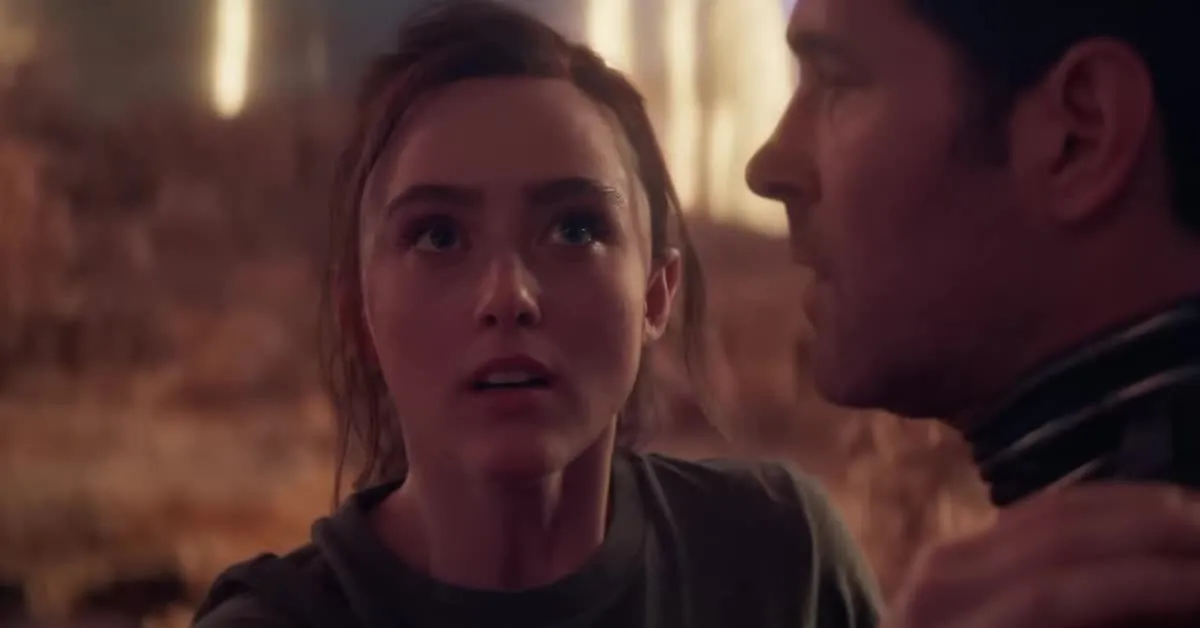
Ant-Man and the Wasp: Quantumania dives headfirst into sci-fi absurdity, finally making Ant-Man feel like part of Marvel’s weirder universe. The Quantum Realm is imaginative and visually engaging, and the dynamic between the Langs and Pyms brings a much-needed emotional anchor. MODOK, surprisingly, is a highlight—grotesque, ridiculous, and unexpectedly funny. Kang adds real menace and presence, giving the series its first truly compelling villain… until the ending deflates him.
Despite its creativity, the film leans too hard on narrative shortcuts. Key events—getting sucked into the Quantum Realm, the arrival of super ants—conveniently happen with little explanation. The tone is equally unstable, bouncing between high-stakes drama and slapstick comedy without a clear identity. Fully embracing the absurdity might’ve made for a sharper, more consistent experience.
The finale is where things truly unravel. The “ants save the day” twist feels like a cop-out, undermining both Kang’s threat and the story’s stakes. Also, Scott’s ending moment of existential dread is immediately undercut by an out-of-nowhere food gag, concluding the film on a confusing note. Quantumania is imaginative and intermittently fun, but too inconsistent to leave a lasting impact.
Guardians of the Galaxy Vol. 3 (2023)
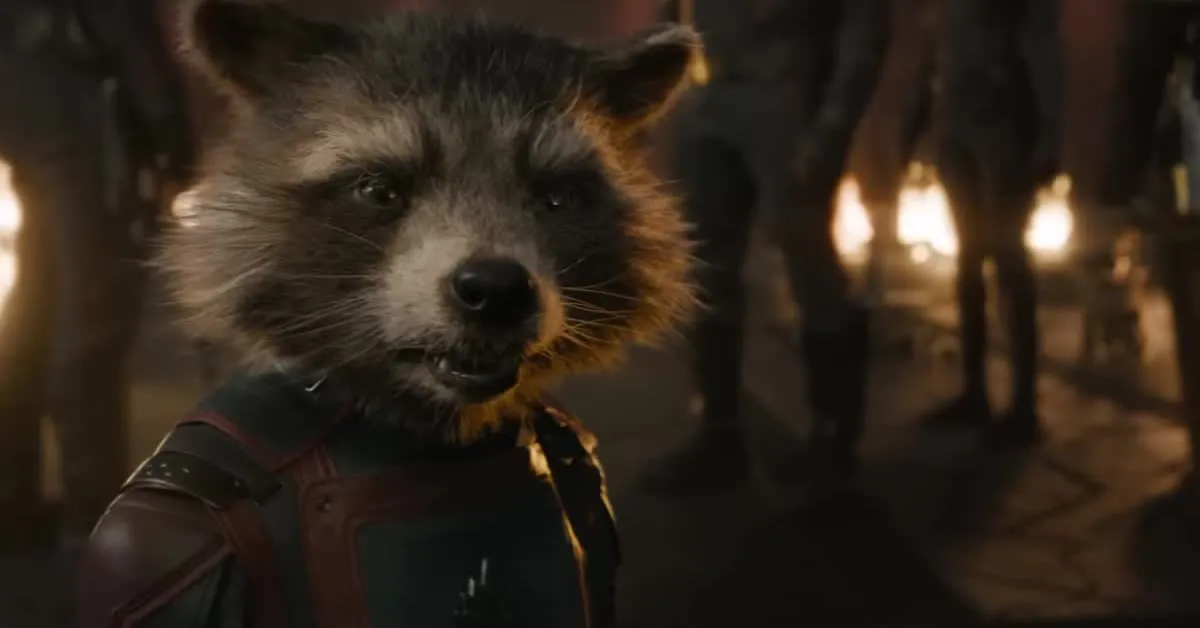
Guardians of the Galaxy Vol. 3 is a heartfelt and thematically rich sendoff for the team. Like the first film, it takes time to find its rhythm—but the emotional payoff is worth it.” This is a story about healing—about characters who’ve spent their lives running from pain, identity, and grief finally choosing to move forward. Drax, long the team’s comic relief, emerges as one of its most emotionally resonant figures: grieving, expressive, and finally allowed to embrace joy and purpose.
Rocket’s backstory provides the film’s emotional spine, offering one of the MCU’s most affecting portrayals of trauma, survival, and self-worth. His absence from much of the present-day action weakens the pacing, but when he’s on screen, the film soars. The final moments land with quiet power, as each character chooses a new path. Gamora’s arc is especially poignant—not a return to who she was, but a reminder that she has found a version of belonging with the Ravagers, just as meaningful as her past with the Guardians.
Though the humor doesn’t hit as consistently and the film runs longer than it needs to, Vol. 3 delivers where it counts. The High Evolutionary is chilling but underwritten, more symbolic of narcissistic ideals than true character motivation. Some narrative threads remain tangled in Endgame’s fallout, but the emotional clarity cuts through. It’s a messy, moving farewell—a story of grief, growth, and finally letting go.
The Marvels (2023)
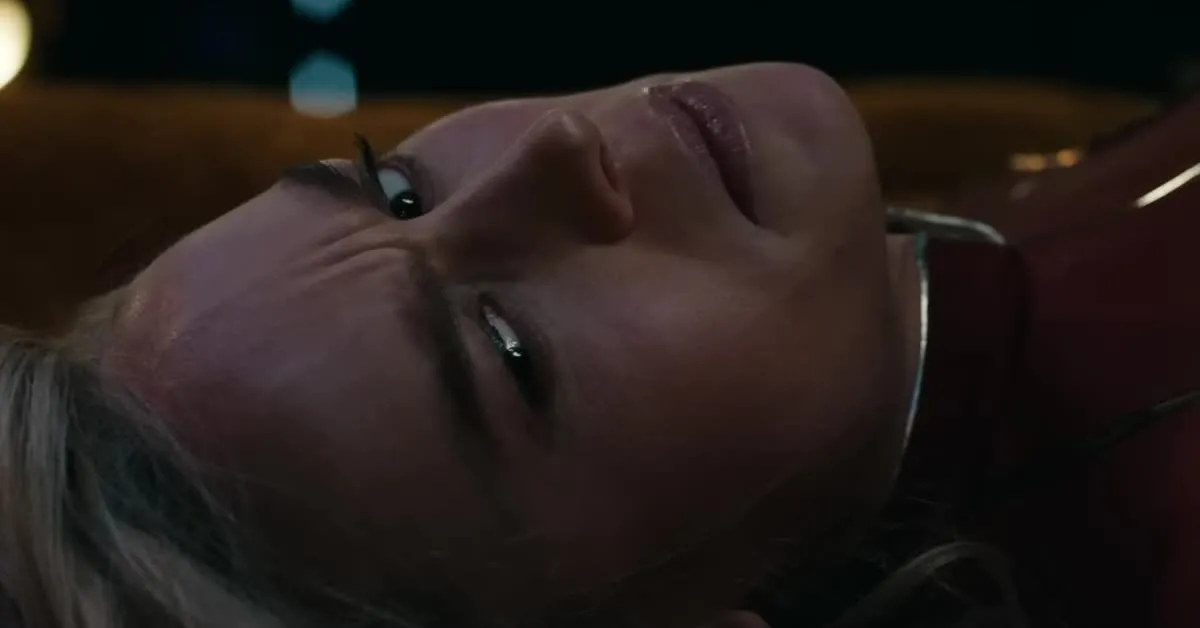
The Marvels is a breezy, energetic team-up that nearly sticks the landing—falling just short of greatness due to its rushed pacing and undercooked plot. Clocking in at under two hours, the film feels like it needed at least 20 more minutes to breathe. Still, what it does well, it does very well: the character moments shine, and the core trio—Carol, Monica, and especially Kamala—bring heart, humor, and charm to every scene.
Kamala Khan is the clear standout, radiating energy and grounding the film with her infectious enthusiasm. Her family is a comedic and emotional highlight, with standout chemistry and perfectly timed laughs. Nick Fury feels more like himself than he has in years: cool, witty, and fully human. The film’s tone is playful without being hollow, and its best scenes are powered by character-driven warmth and humor rather than plot mechanics.
Unfortunately, the plot itself barely holds together. The central villain, Dar-Benn, is well-acted and her motivation makes sense, but the film gives her too little screen time to become a meaningful threat. The story moves so quickly it rarely allows its emotional moments to land. Still, The Marvels leaves a strong impression. It’s fun, full of life, and overflowing with potential. What’s frustrating is just how close it comes to being something truly special.
Deadpool & Wolverine (2024)
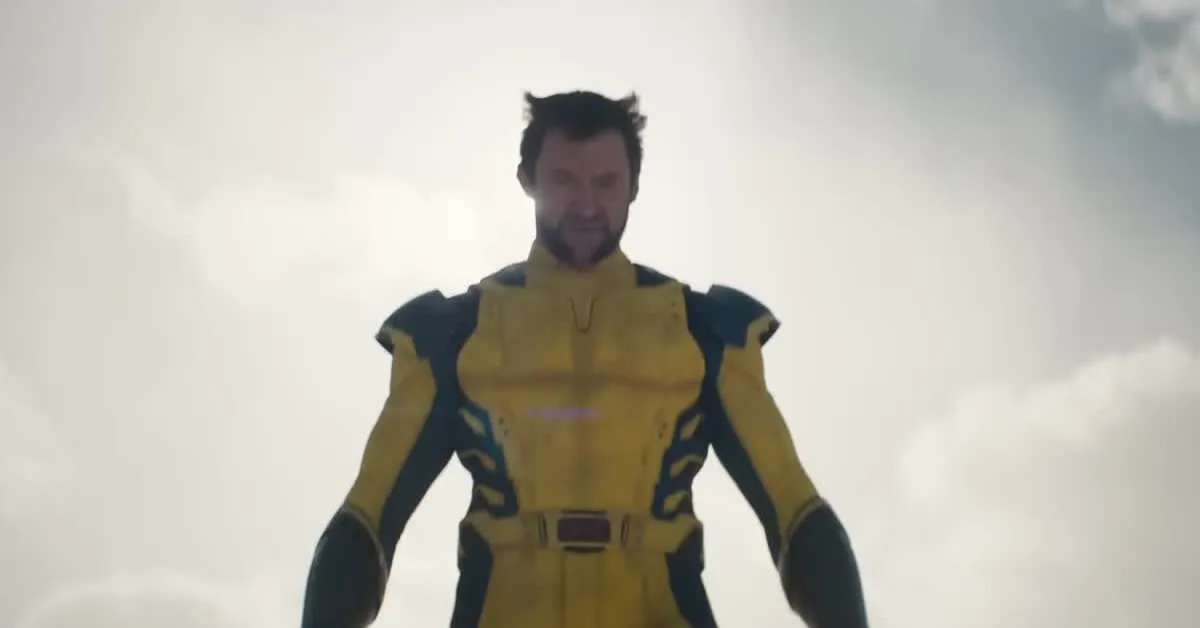
Deadpool & Wolverine is the strongest entry in the Deadpool series and a standout MCU film in its own right—raunchy, chaotic, and unexpectedly heartfelt. While some jokes land better than others, the film balances its absurdity with surprising emotional weight. Deadpool remains as unhinged as ever, but this time, the humor never feels like it breaks the universe. In fact, beneath all the crassness, it’s one of the MCU’s most sincere and emotionally grounded stories.
Wolverine serves as the perfect foil to Wade’s chaos, bringing gravity and grit without dragging the film down. Wade’s arc—desperately trying to become an Avenger not to save the world, but to save himself—is played with honesty and depth. His willingness to sacrifice everything rather than lose his friends hits harder than expected. The TVA’s presence adds structure to the multiverse madness, finally making Marvel’s multiverse rules feel purposeful and coherent.
What could have been hollow fan service ends up feeling meaningful and earned. The nods to pre-MCU Marvel films are handled with care, acknowledging their legacy without cheap shots. Cassandra Nova makes for a strange and effective villain…menacing without overshadowing the leads. Deadpool & Wolverine may be the most vulgar MCU film yet, but it’s also one of the sweetest.
Captain America: Brave New World (2025)
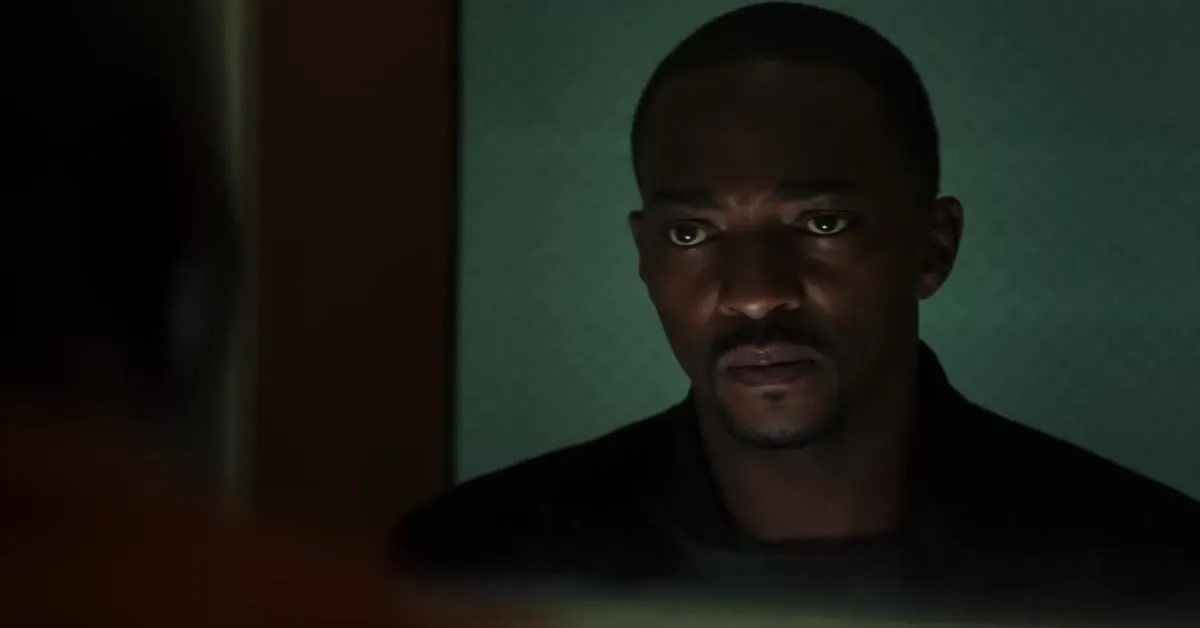
Captain America: Brave New World aims to redefine what Captain America stands for, but instead lands as a missed opportunity. Sam Wilson is a charismatic and likable lead, and when the film lets him show vulnerability and heart, his version of Captain America shines. Harrison Ford brings weight to the re-casted role of Thunderbolt Ross, and the final showdown with Red Hulk delivers on spectacle—loud, fun, and well-executed.
In many ways, this is a very late follow-up to The Incredible Hulk (2008)—a film that, like this one, suffered from thin character arcs, uneven tone, and underwhelming villains. Tim Blake Nelson’s return as Samuel Sterns, now fully realized as The Leader, had potential but is largely squandered. He’s reduced to a footnote: present, but without real presence. Similarly, Ross’s supposed transformation as a character is suggested more than shown, lacking the groundwork to make it meaningful.
The film is further weighed down by over-reliance on past continuity and a reluctance to explore its own themes. Sam’s emotional arc feels incomplete, and for those who haven’t seen The Falcon and the Winter Soldier, it barely registers. And as a final blow, major plot developments are undermined by marketing that gave too much away. For a movie meant to redefine Captain America’s legacy, it often feels like a Hulk-adjacent story where Sam is sidelined. What should have been a bold new chapter feels more like a muddled footnote in someone else’s story.
Thunderbolts* (2025)
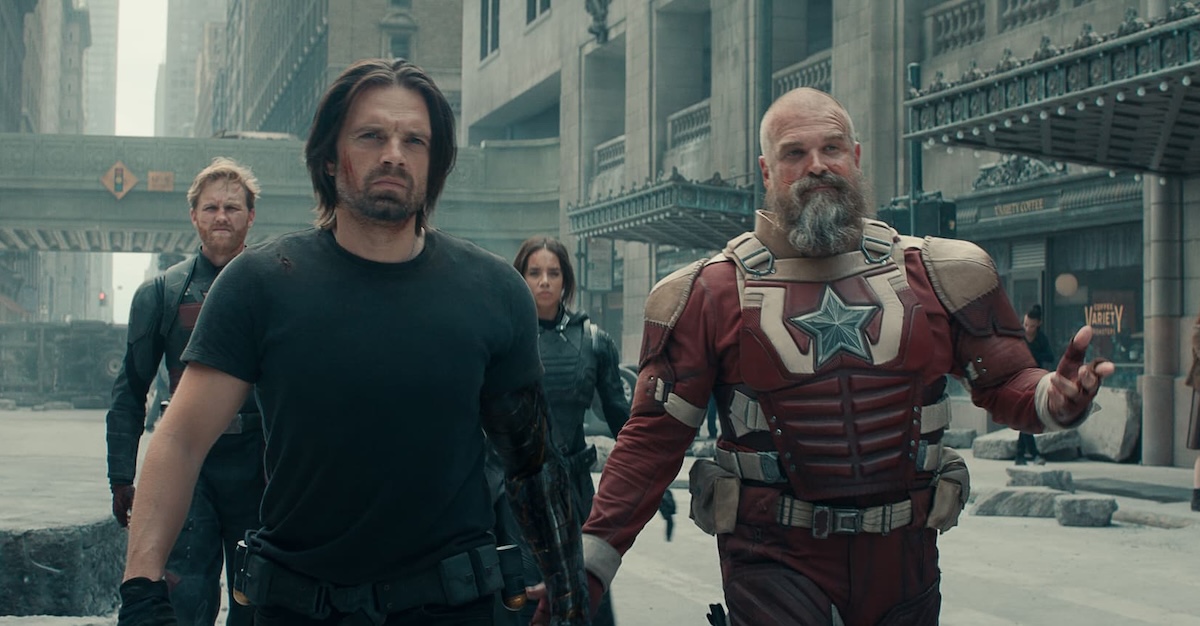
Phase Five of Marvel’s grand cinematic experiment ends not with a bang or a whimper, but somewhere in the middle with a half-hearted fizzle. Like Brave New World before it, Thunderbolts leans heavily on Disney+ homework to make sense of its characters and motivations, offering little context for those who haven’t kept up. It also follows Marvel’s recent trend toward a grimdark aesthetic, favoring dim lighting and murky visuals over clarity or style. These creative choices, both narrative and visual, leave the film feeling weighed down by its own continuity and too visually bland to stand out.
The most glaring issue lies with the characters. Yelena and Red Guardian stole scenes in Black Widow, but that film gave them material worth stealing. John Walker/U.S. Agent has a convincing growth arc, but without the emotional context from Falcon and the Winter Soldier, it’s hard to really see it. Ghost/Ava is once again present without purpose. She has potential, but the MCU continues to sideline her. Taskmaster is reintroduced briefly, only to be killed off almost immediately. Her exit, much like her character, leaves little impression.
What makes this all the more frustrating is that the characters are genuinely enjoyable to watch. Even with minimal development, the ensemble has strong chemistry and delivers entertaining interactions. The story doesn’t serve them well, but the actors still manage to shine.
The film also reaches for deeper themes, particularly trauma. It assembles a team of broken, morally conflicted characters, hinting at emotional depth. But the script doesn’t do anything meaningful with that setup. We’re told these characters carry scars, but we’re rarely shown how those scars shape them. There’s no room for emotional reckoning or personal growth…only quips, action scenes, and rushed plot beats. The theme is there in theory, but not in execution.
Thunderbolts* is watchable and occasionally fun, but it’s not the comeback Marvel needs. The studio keeps looking backward, hoping familiar characters and nostalgia can fill in the gaps. But the early MCU succeeded because its films were self-contained stories that led to something bigger, not because they leaned on what came before. Tony Stark’s arc worked because it had meaning and growth. Marvel would do well to remember that.

